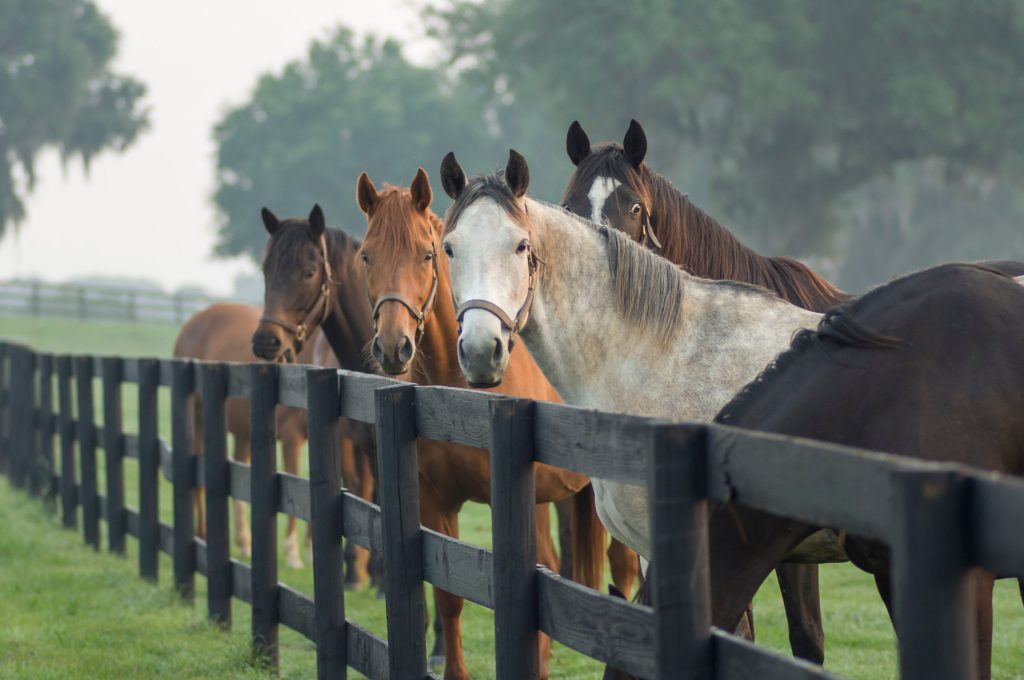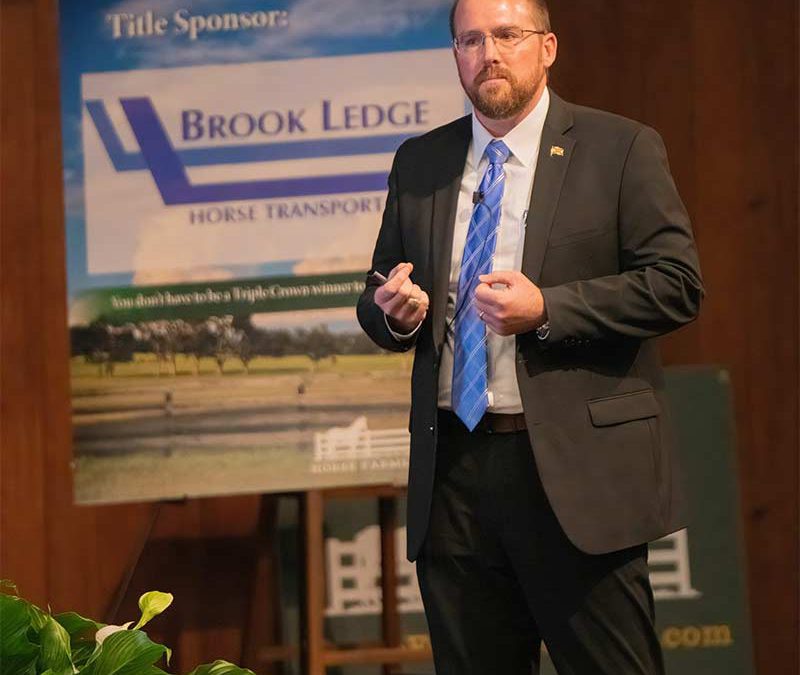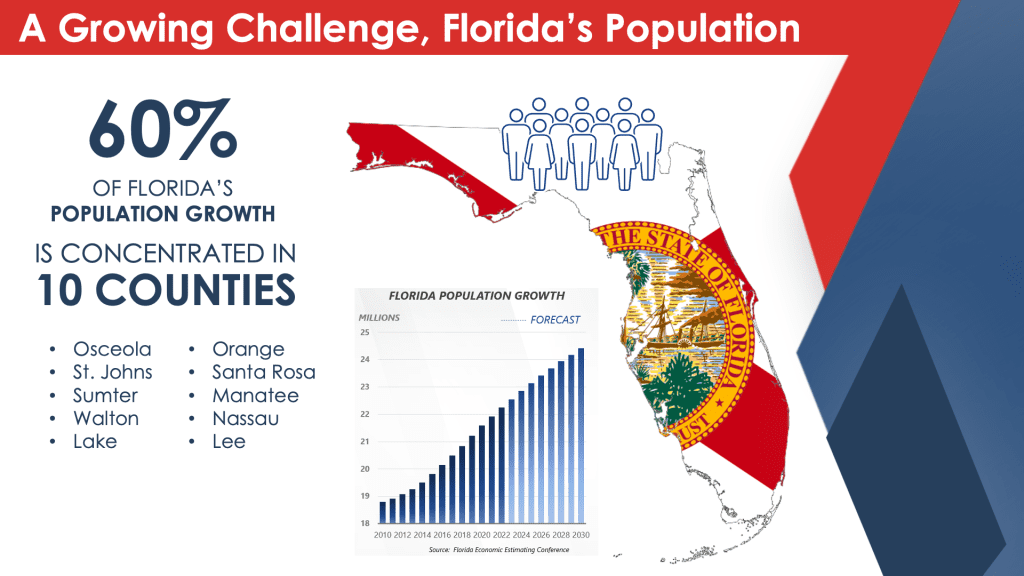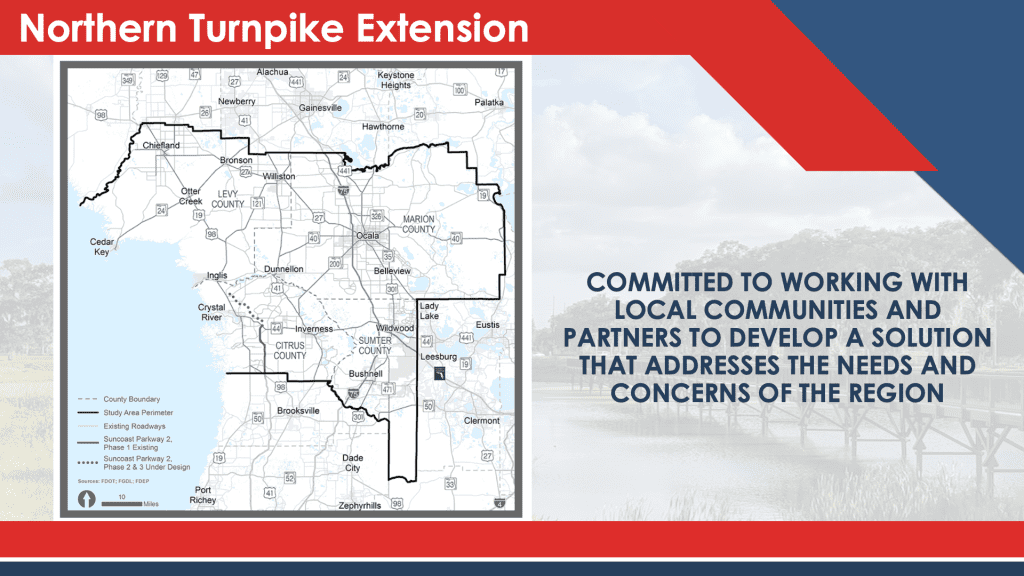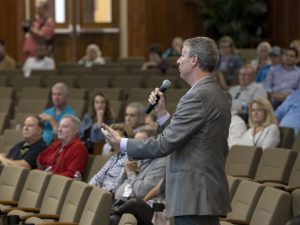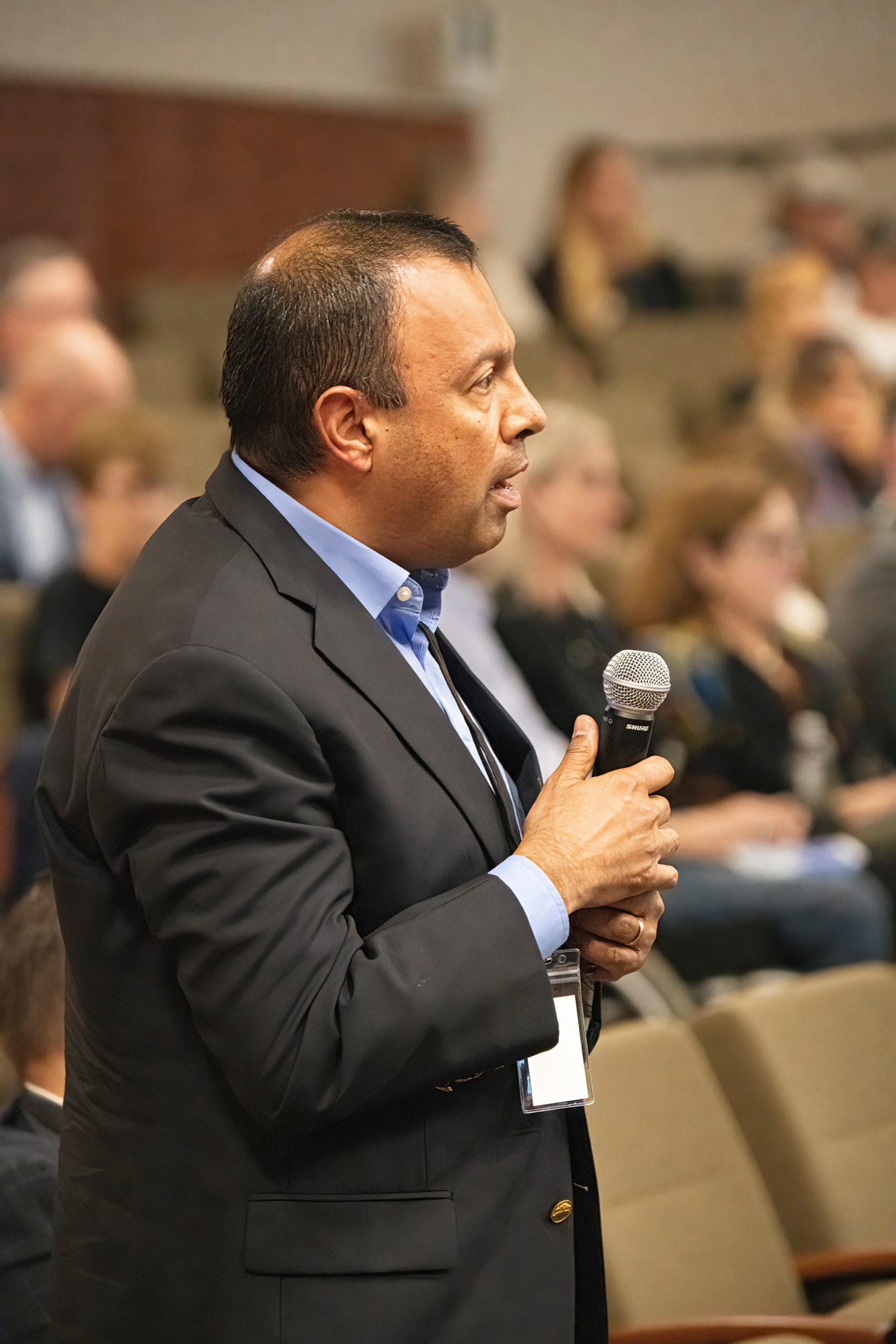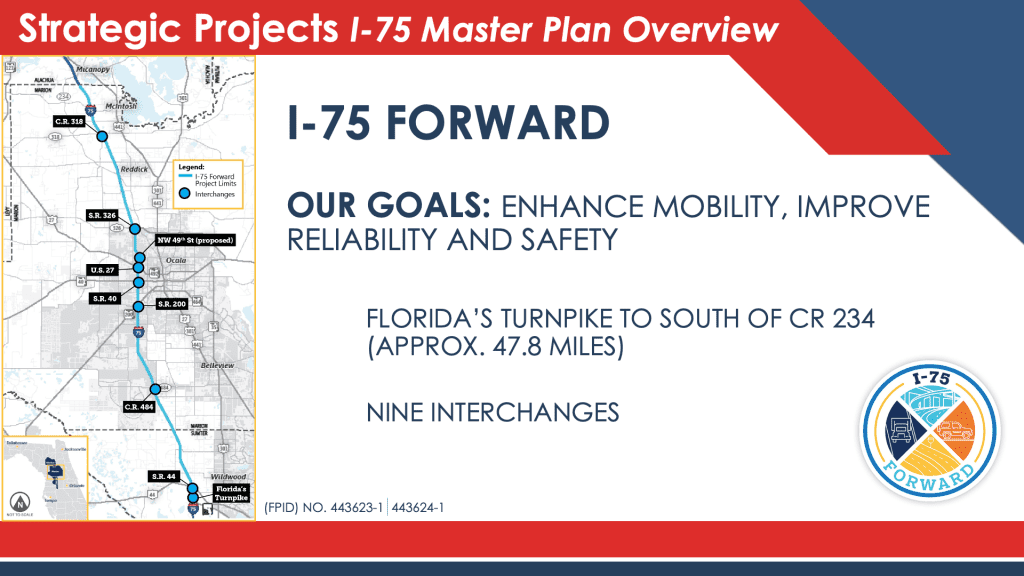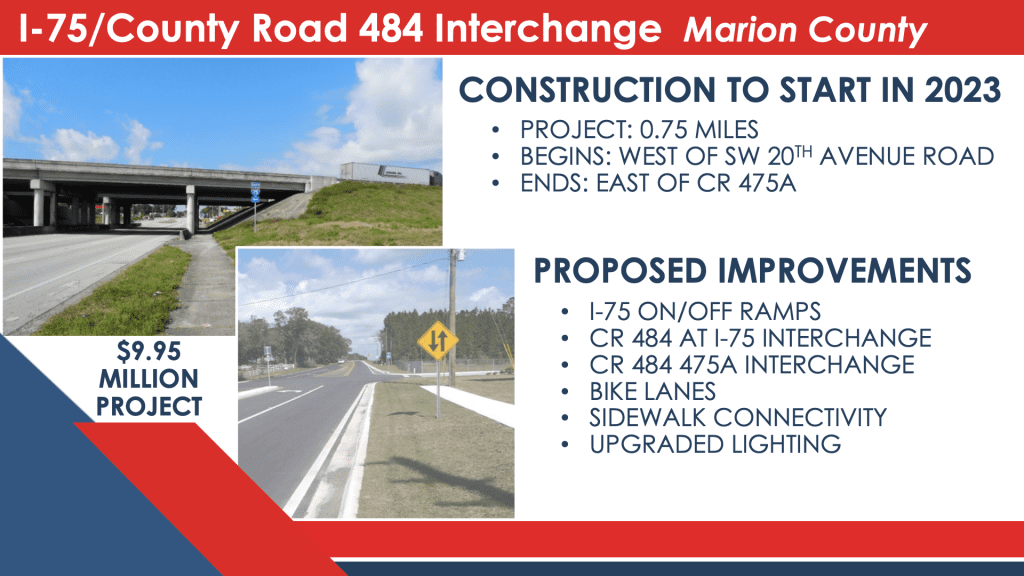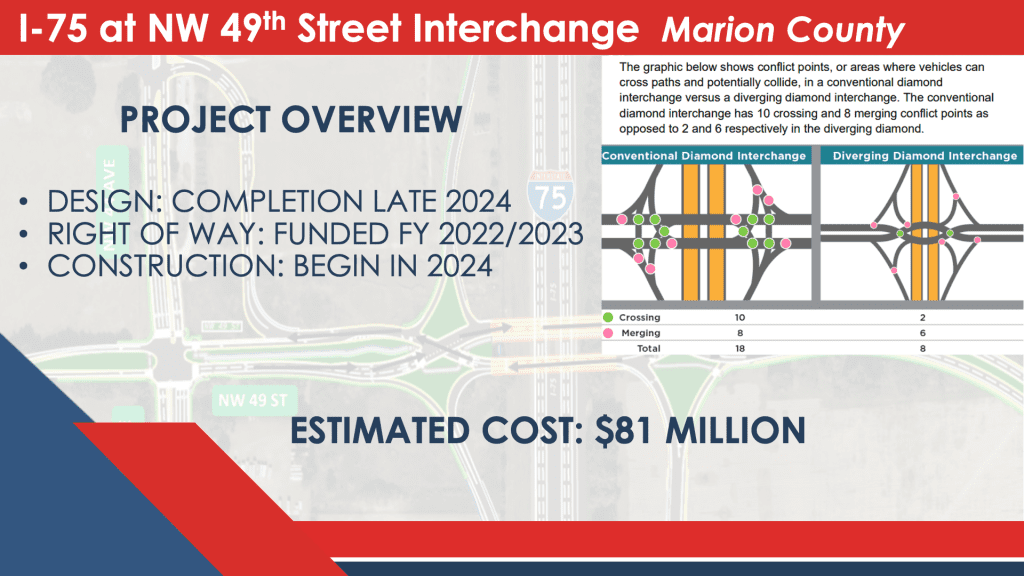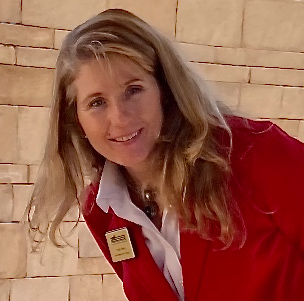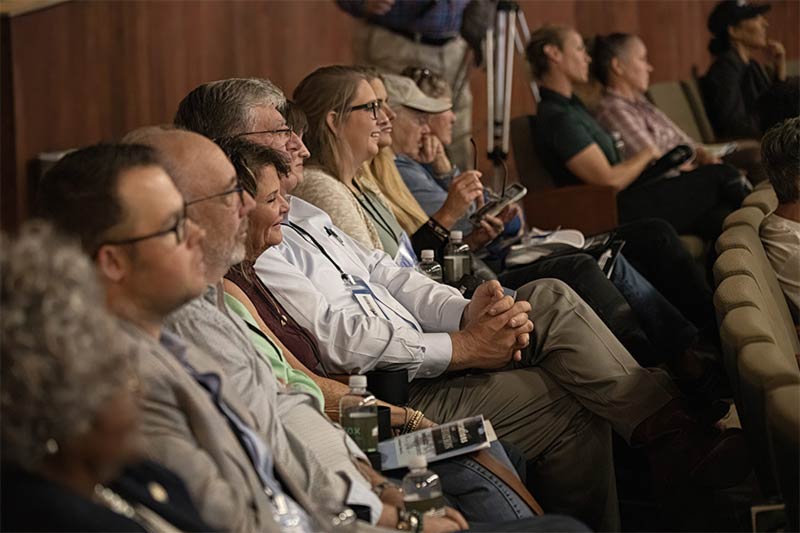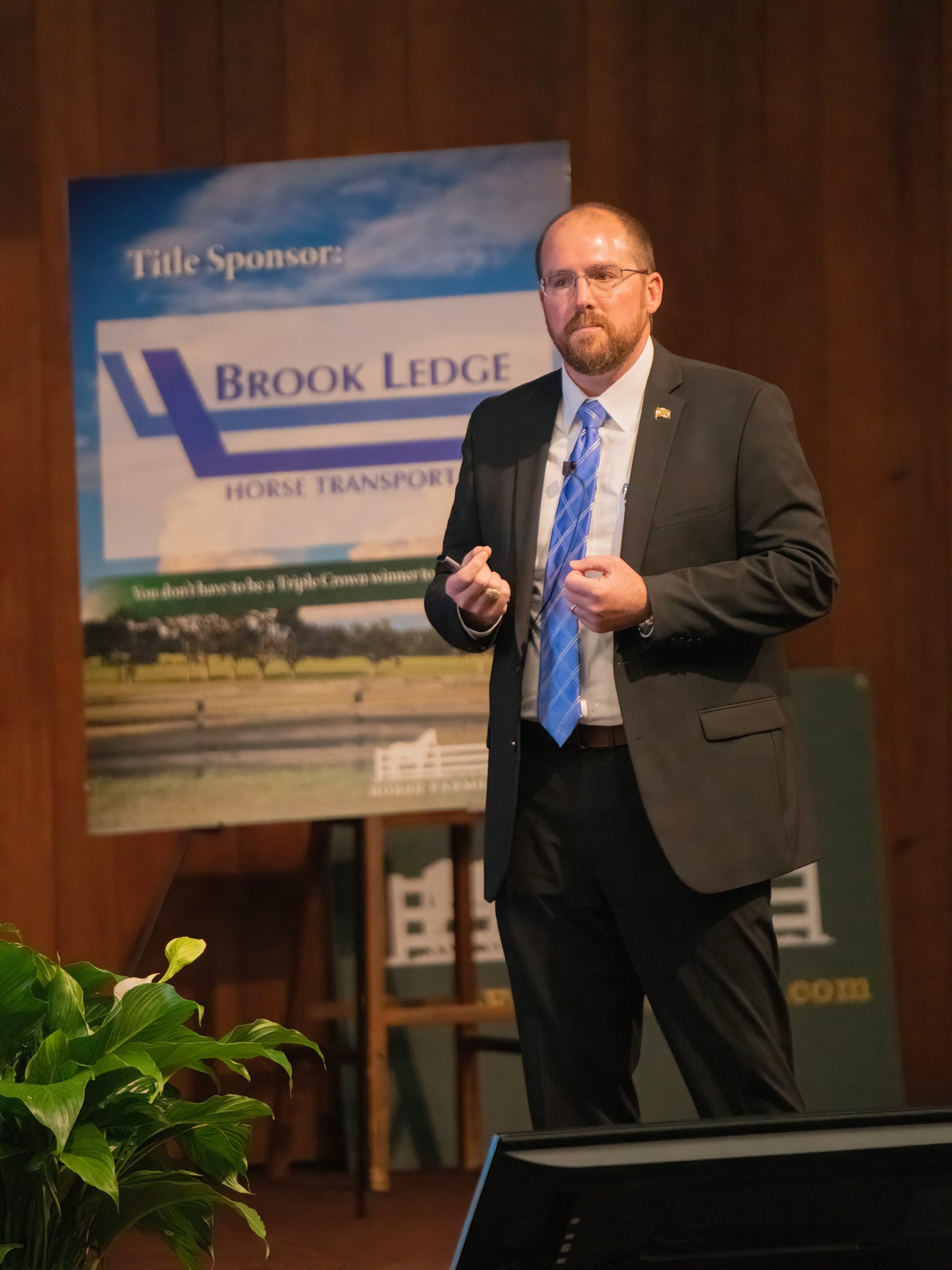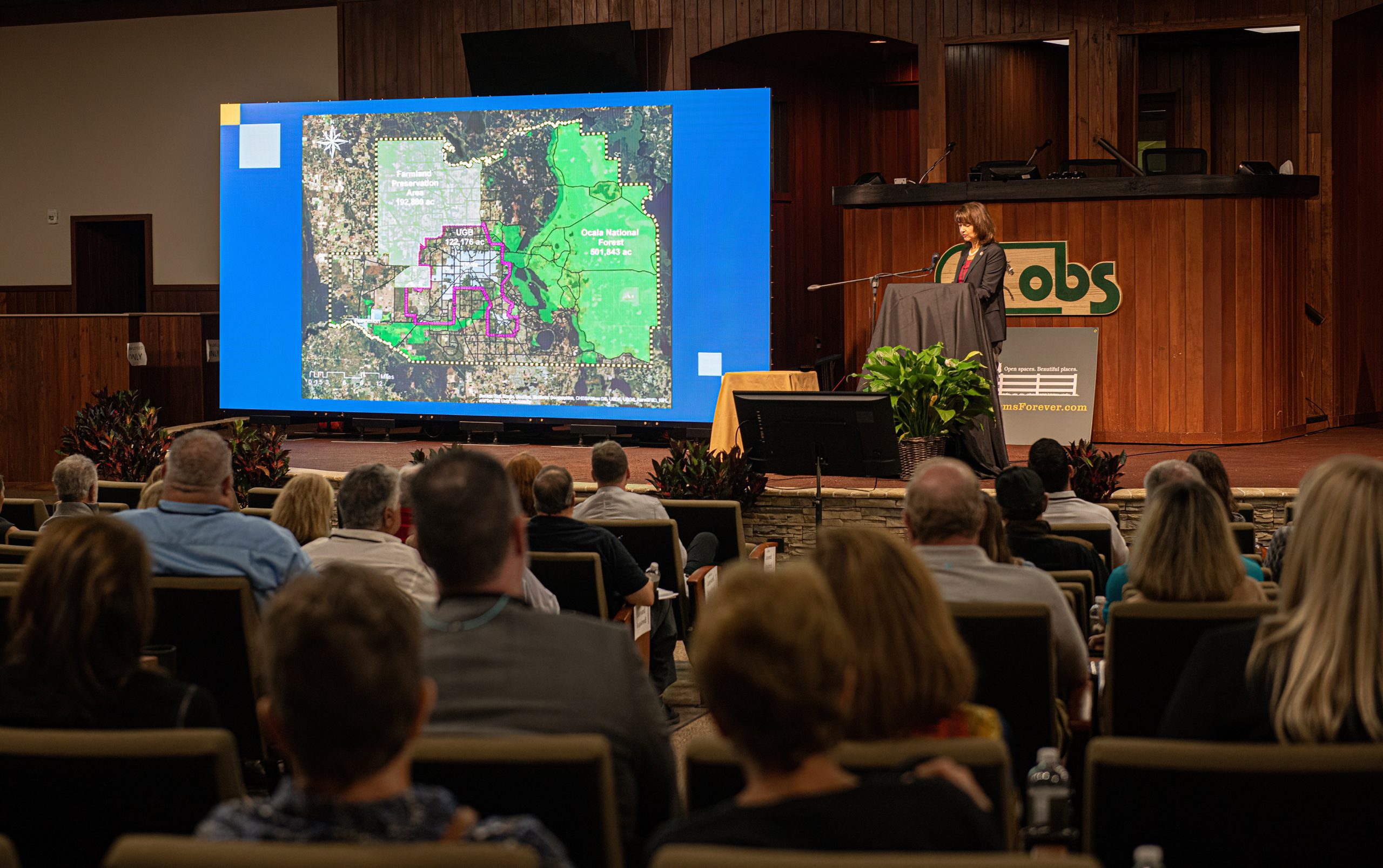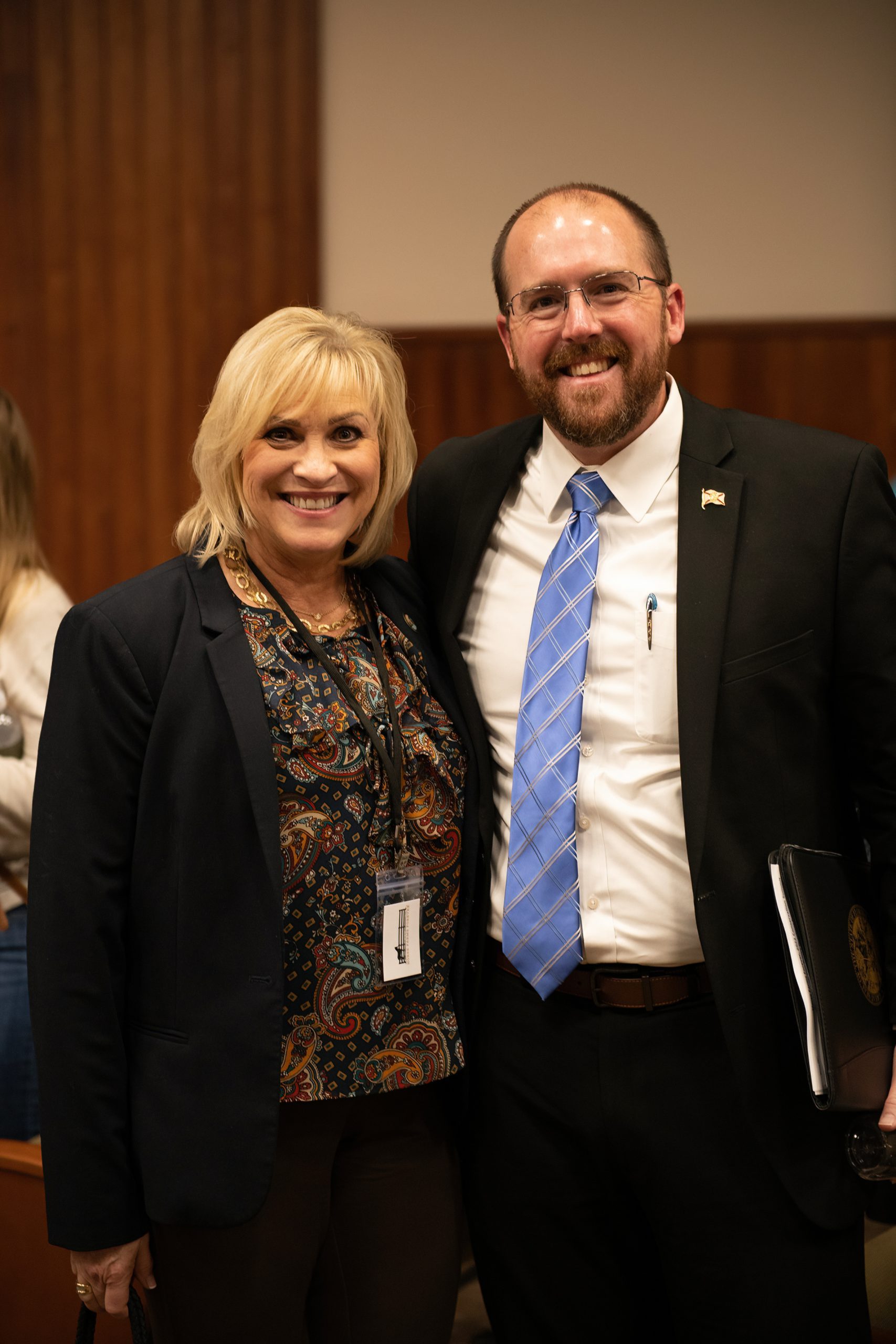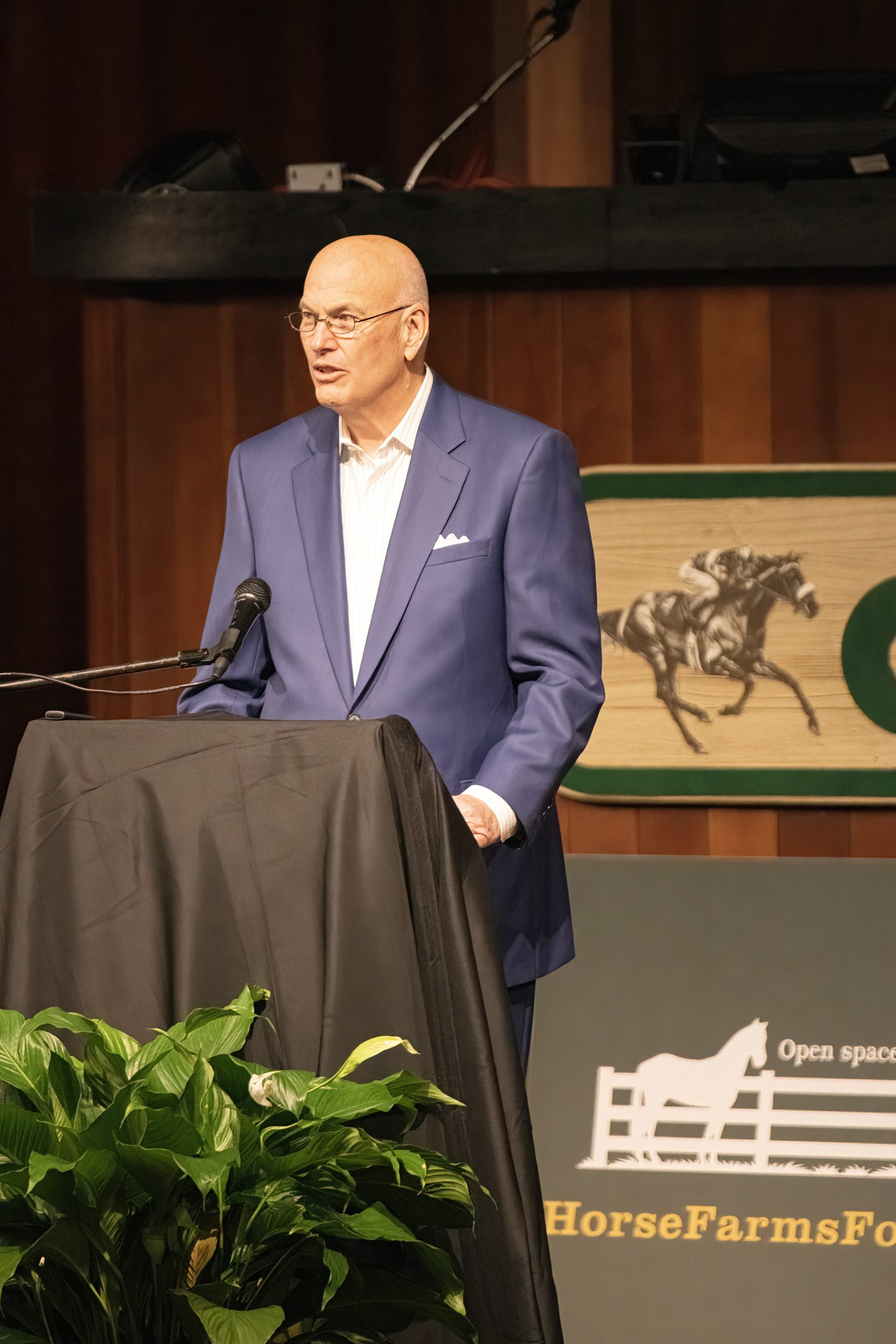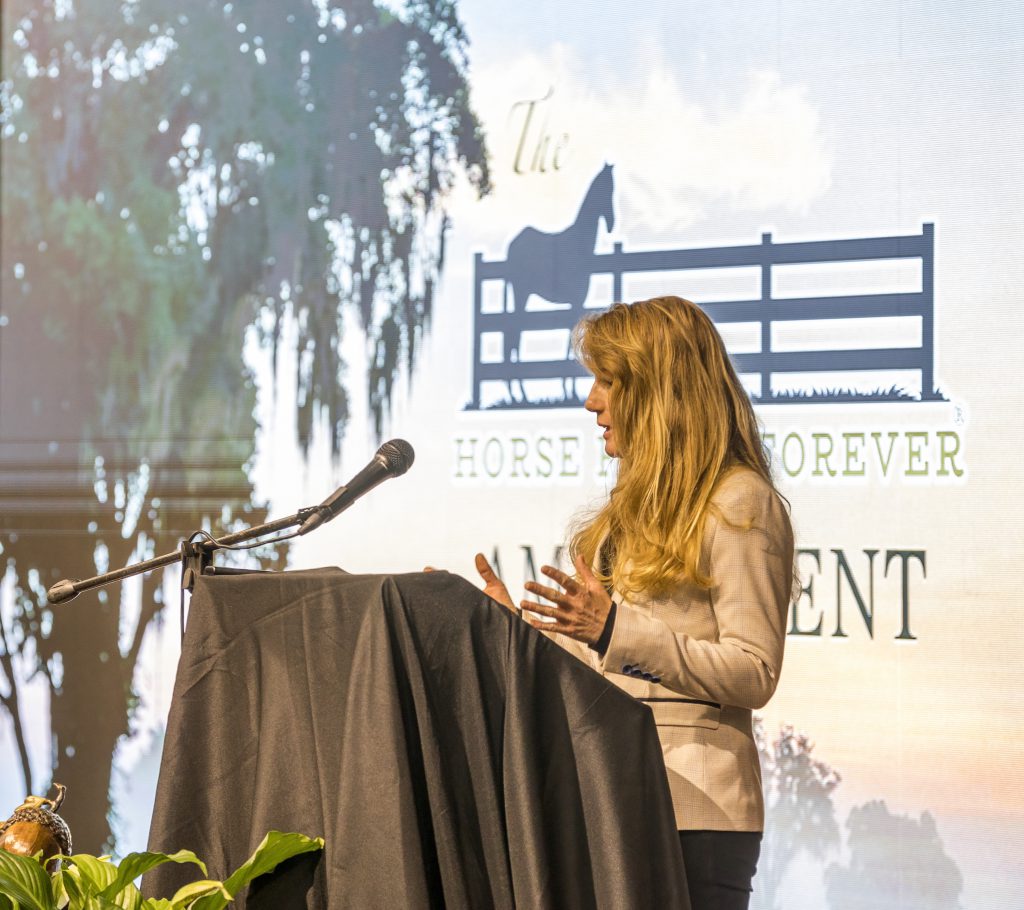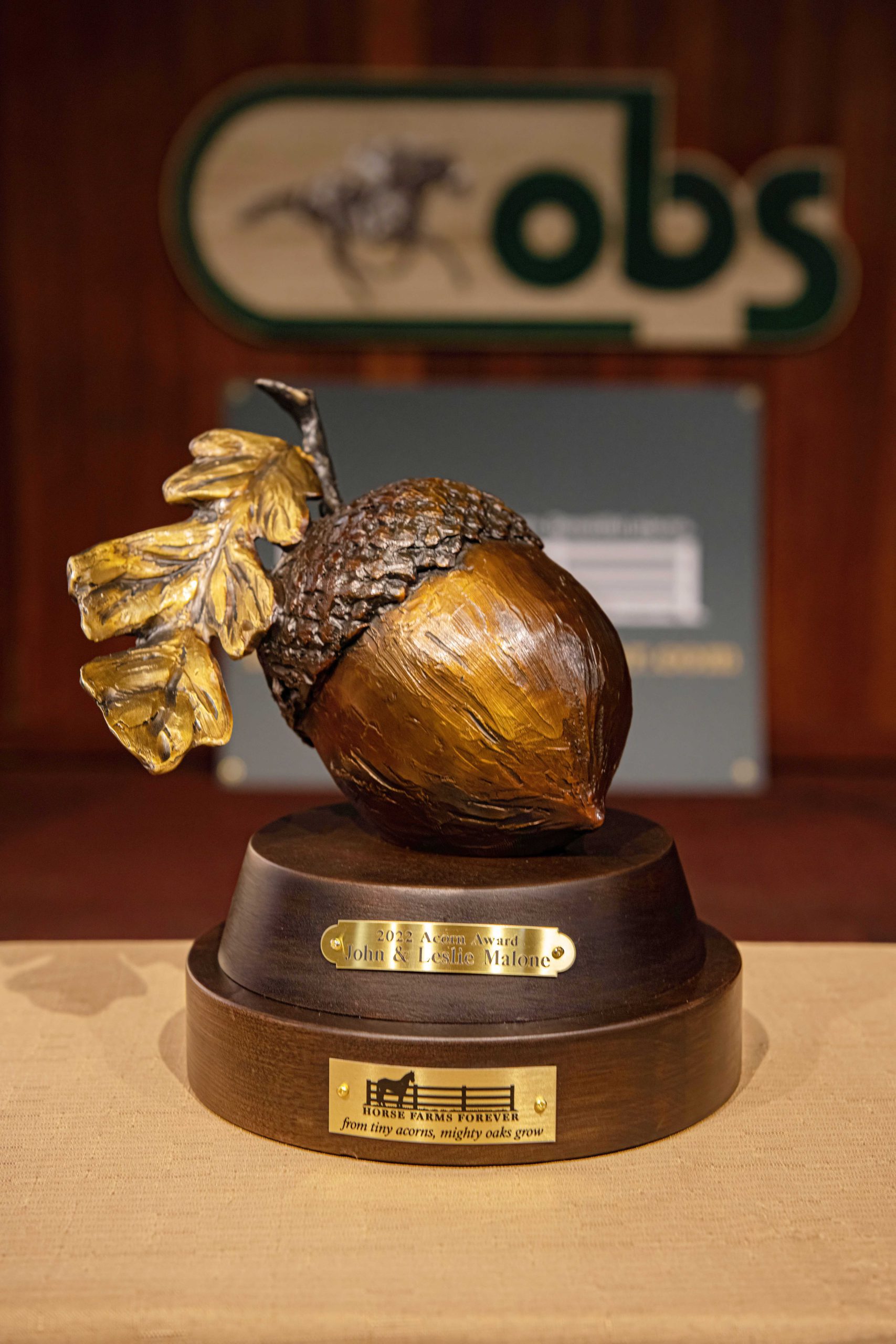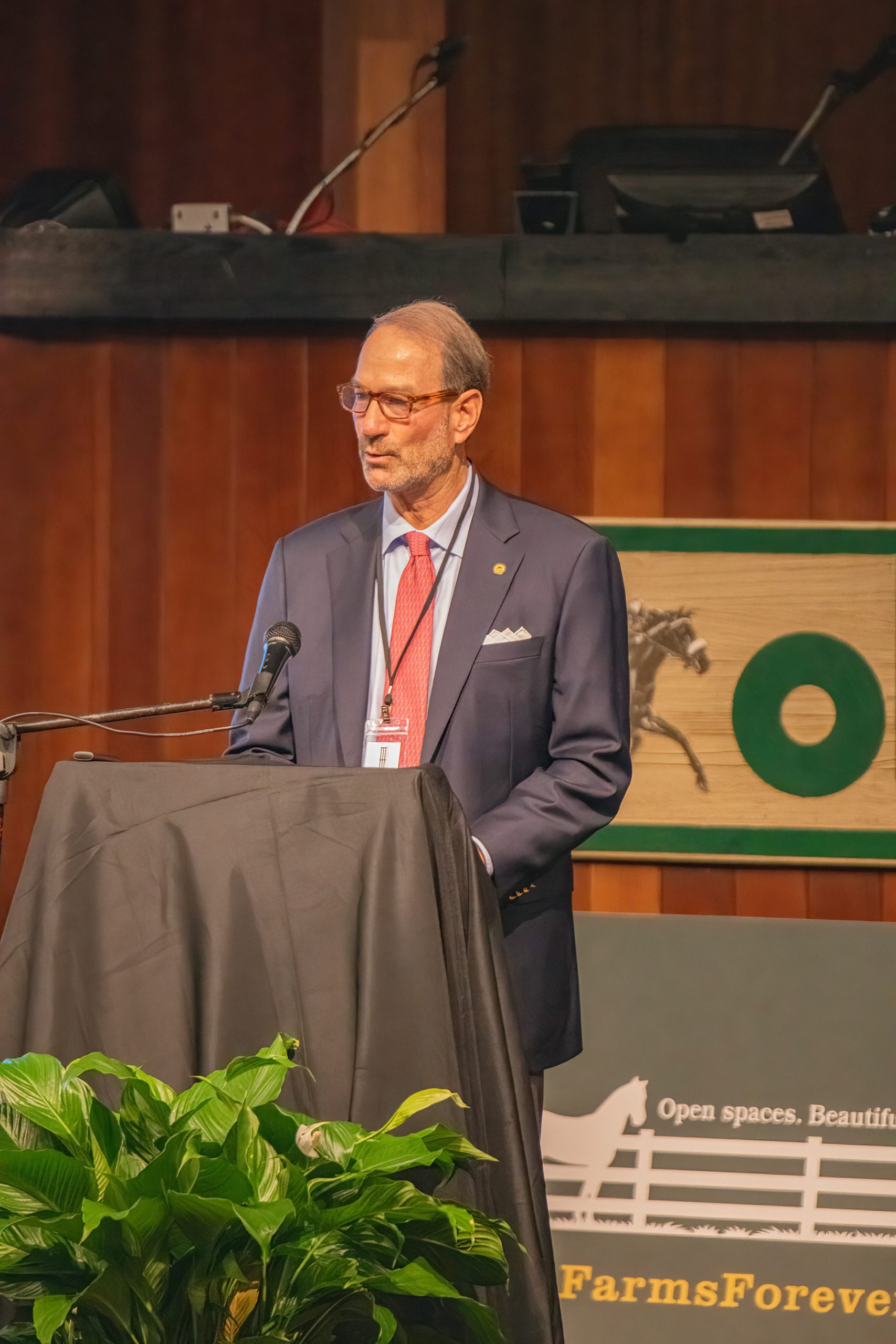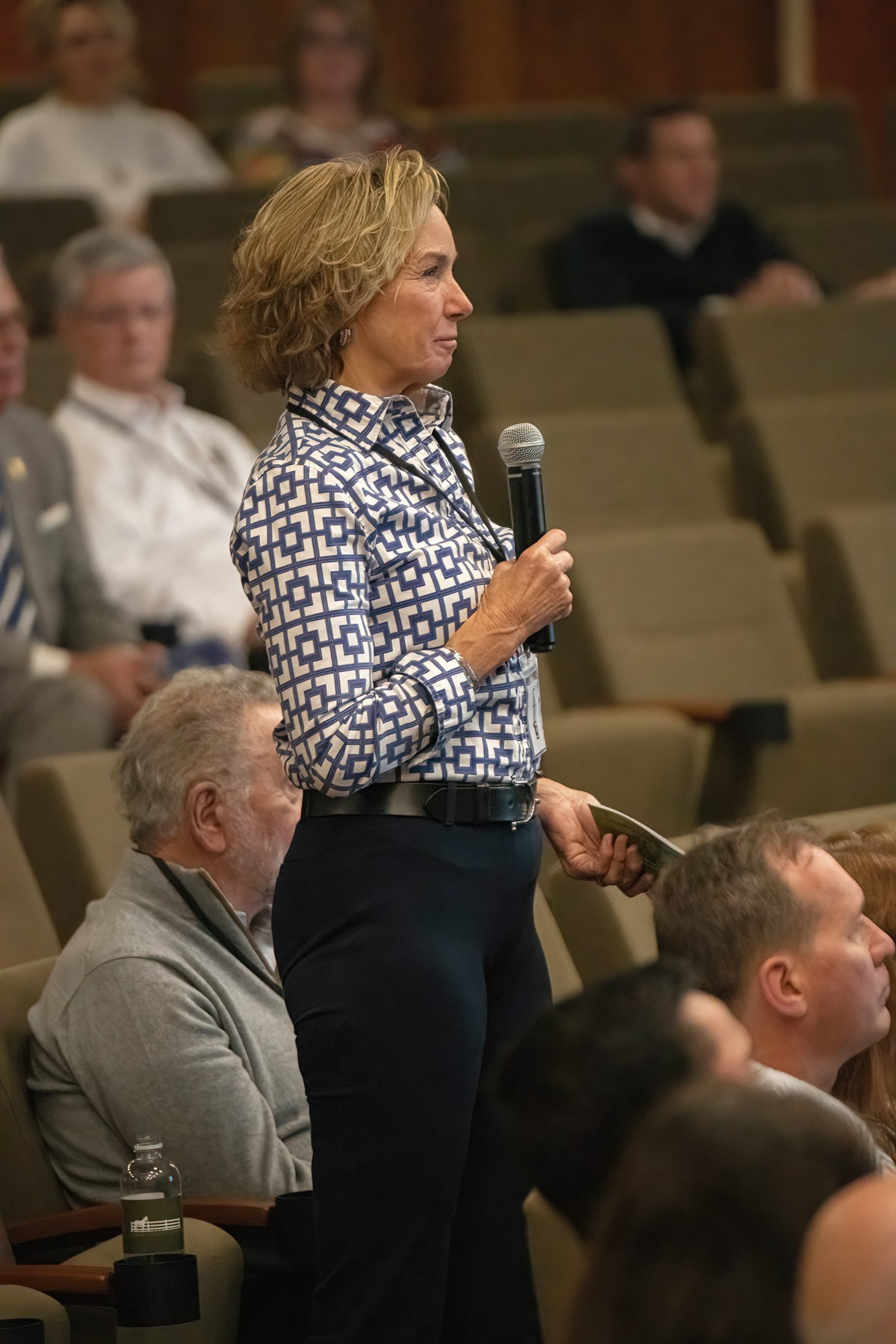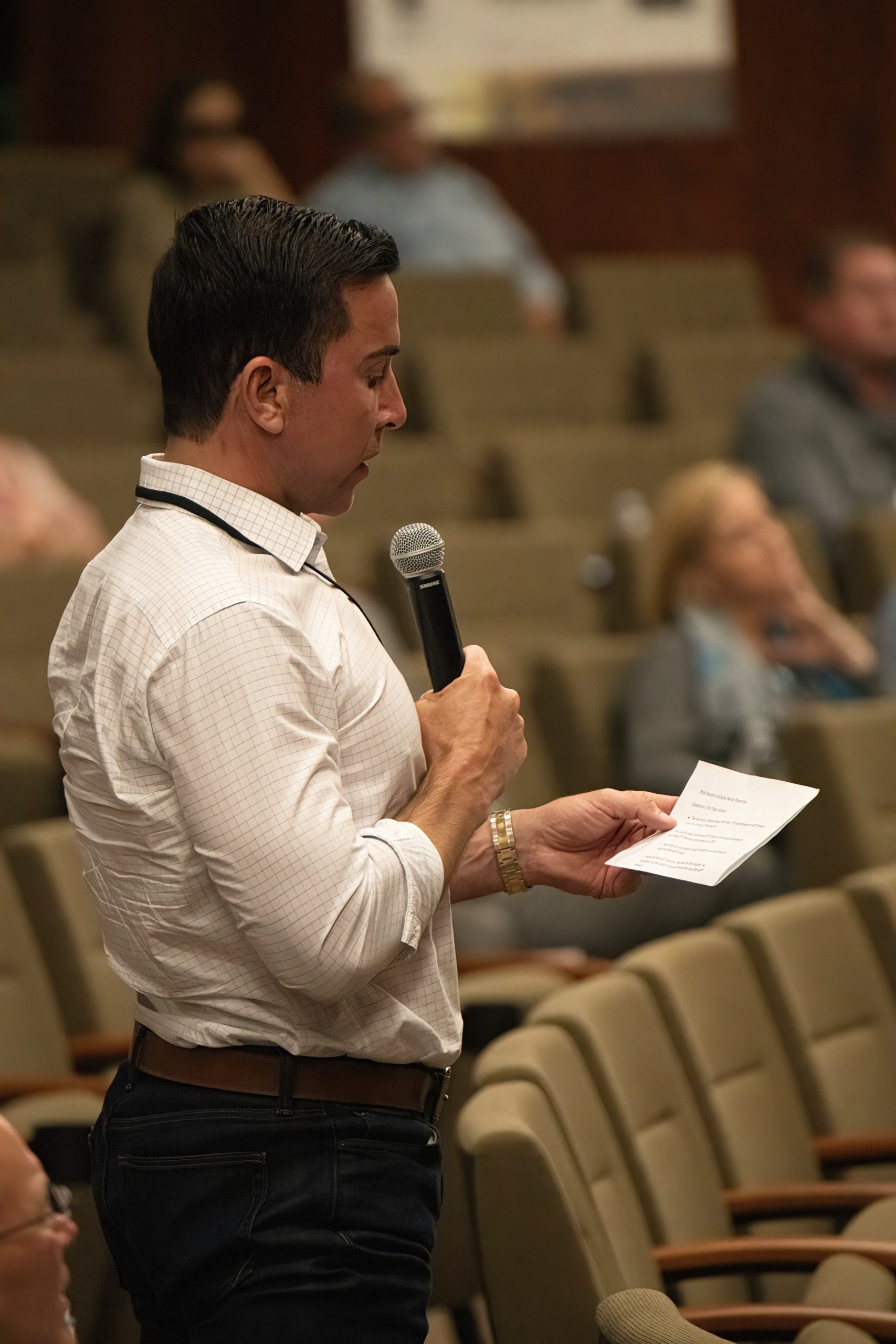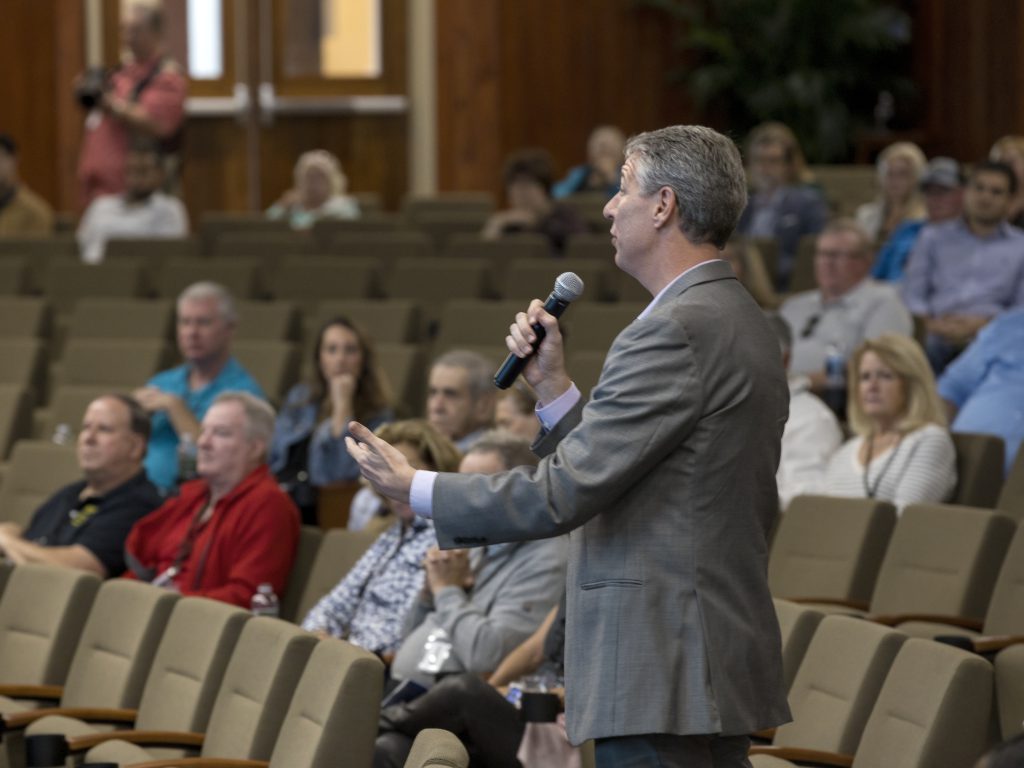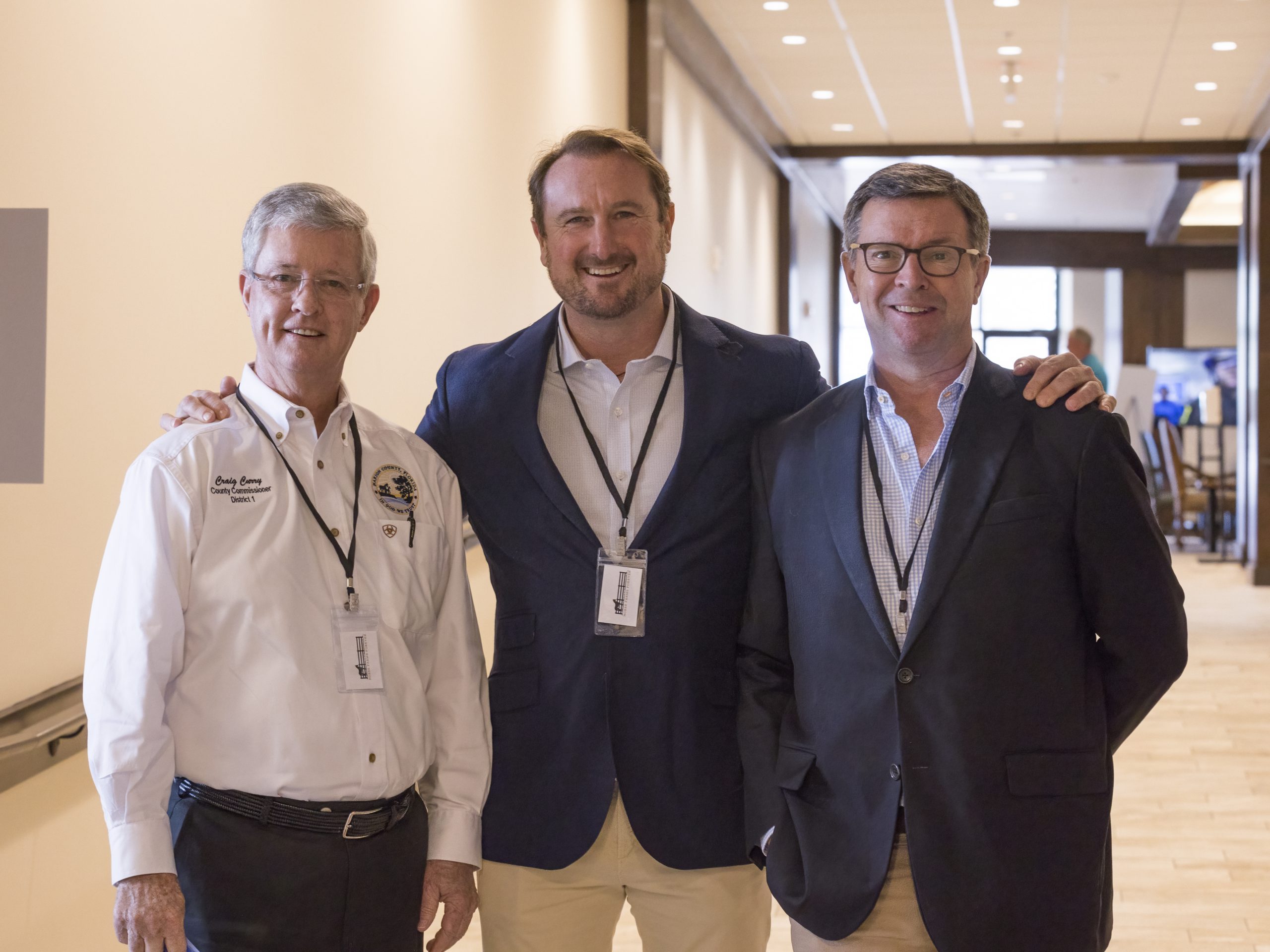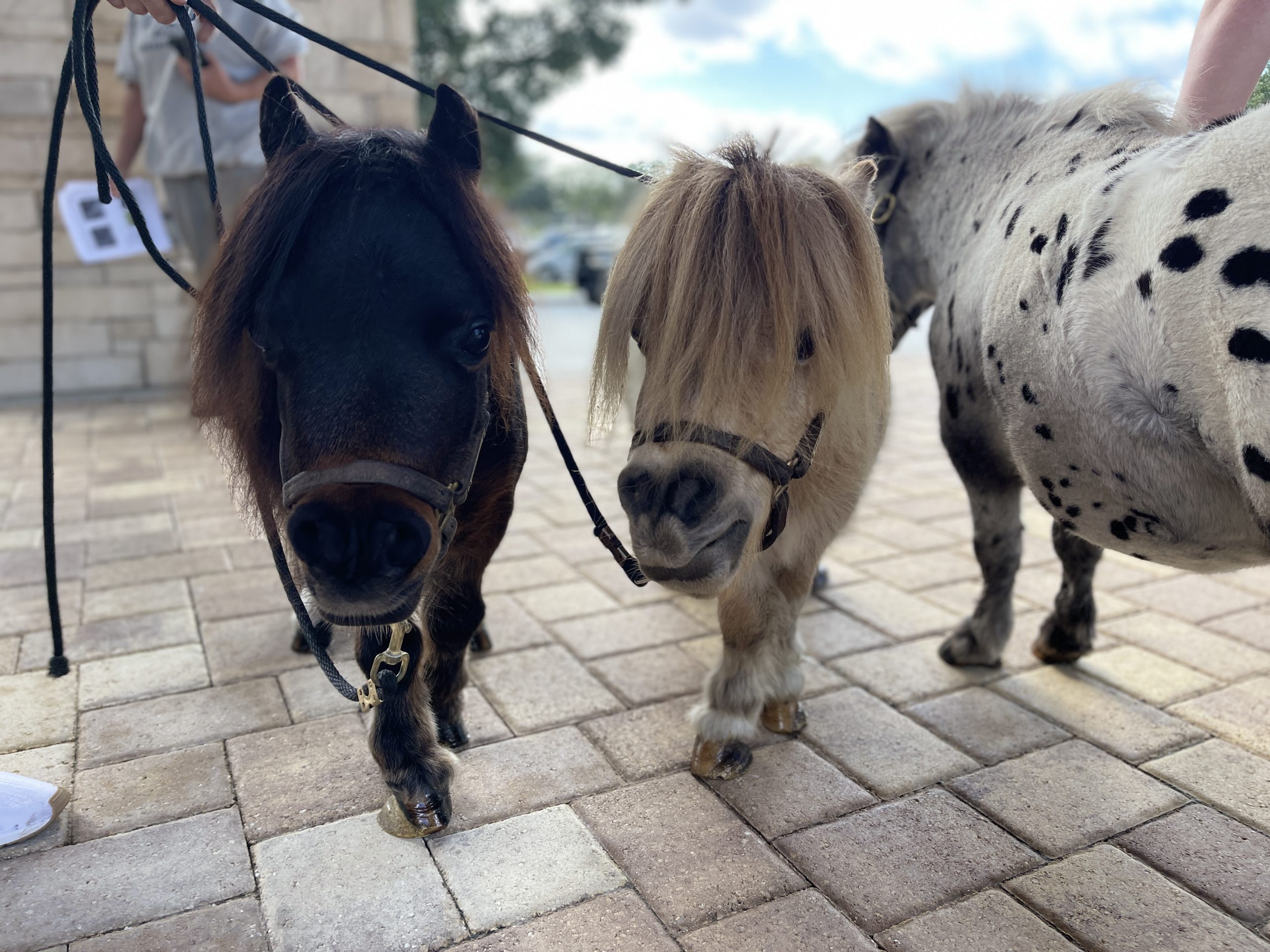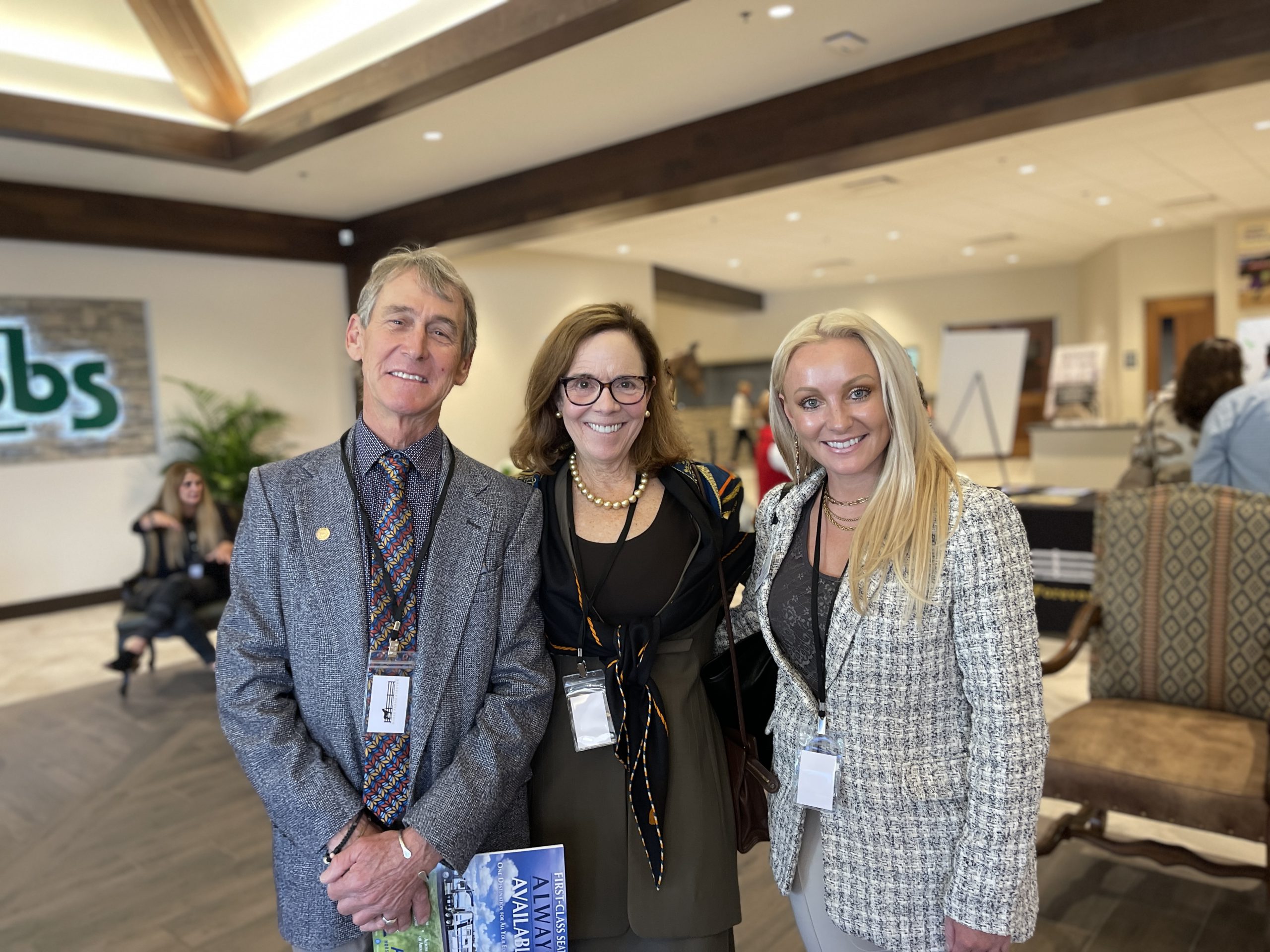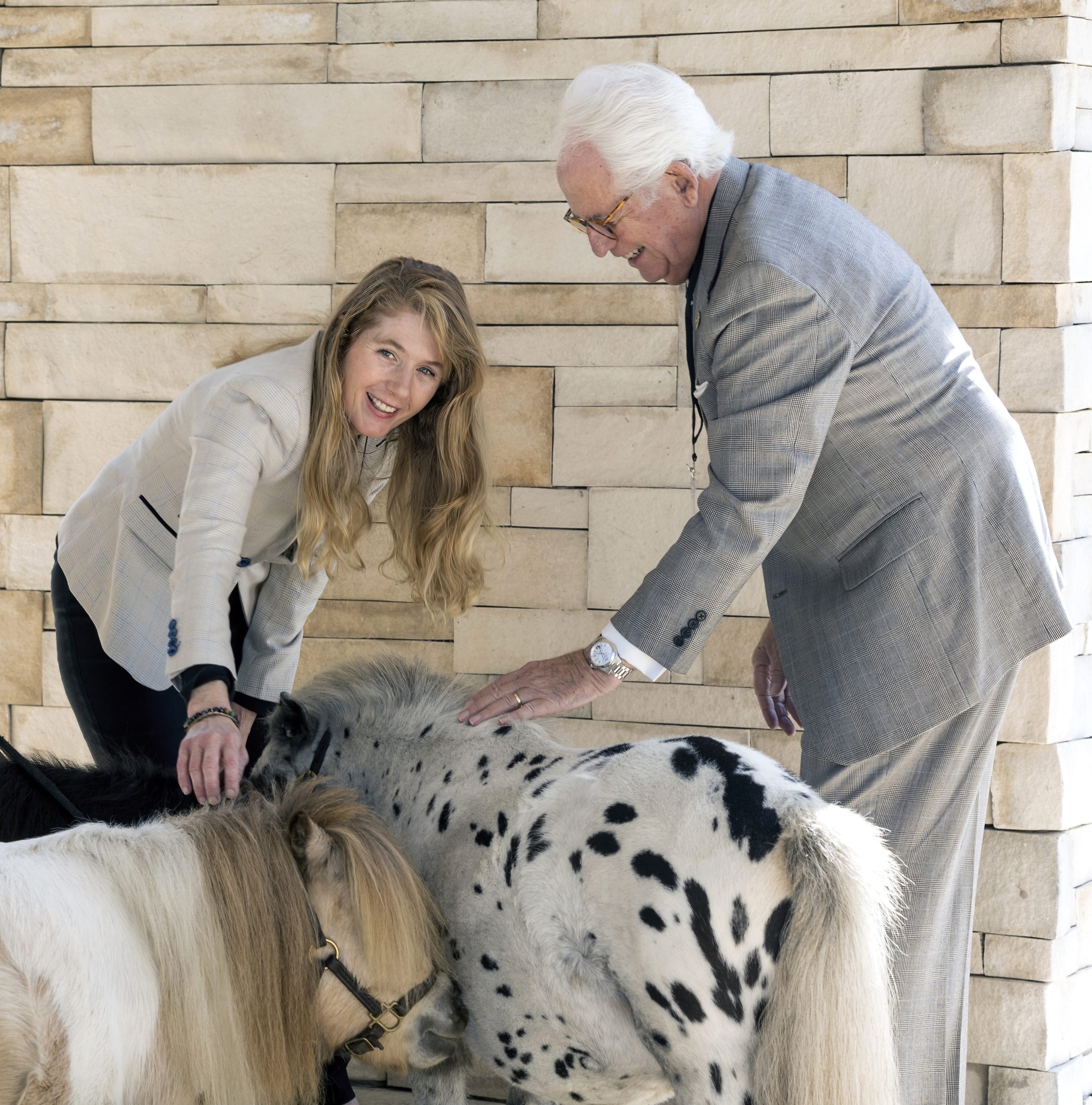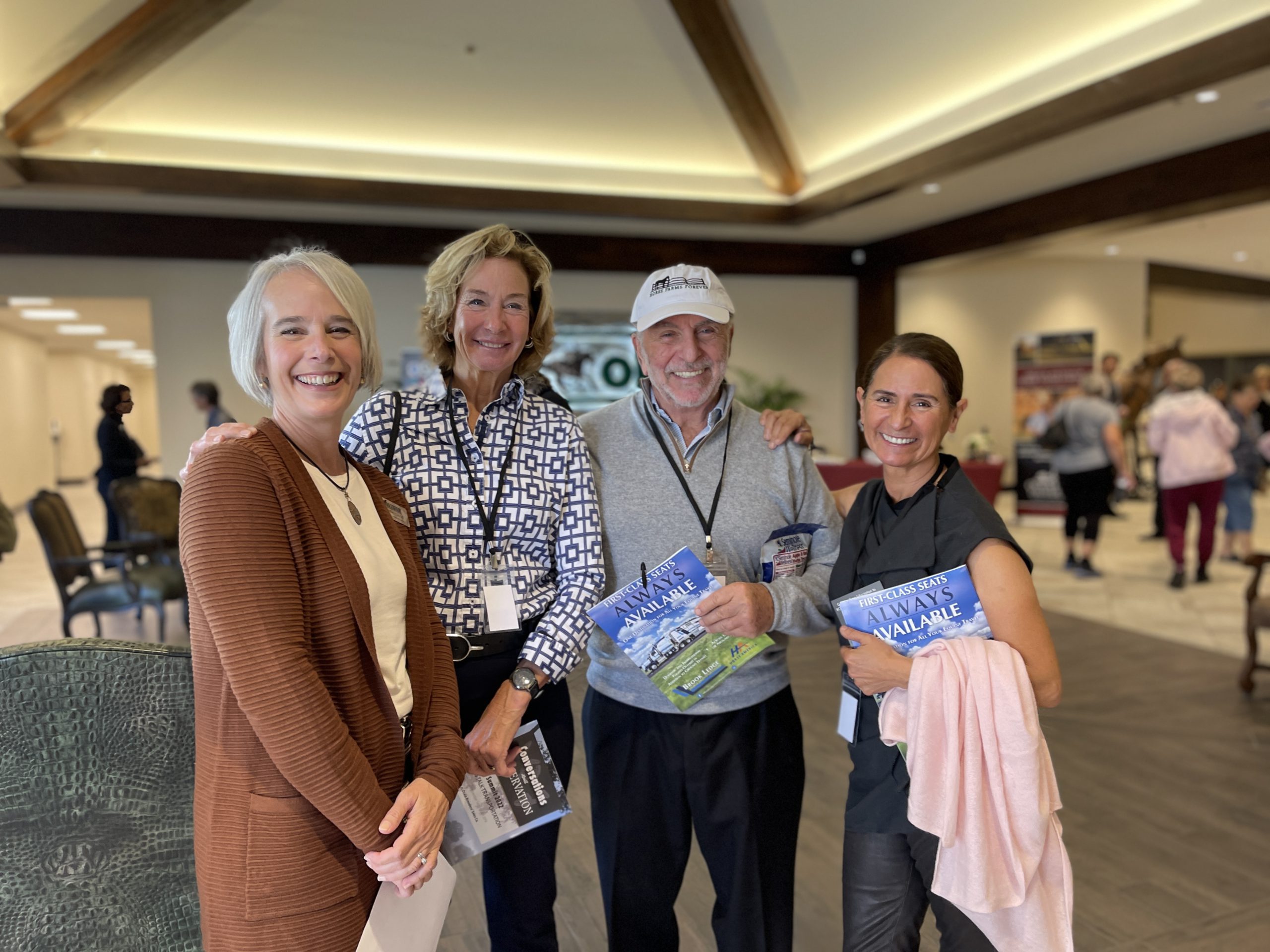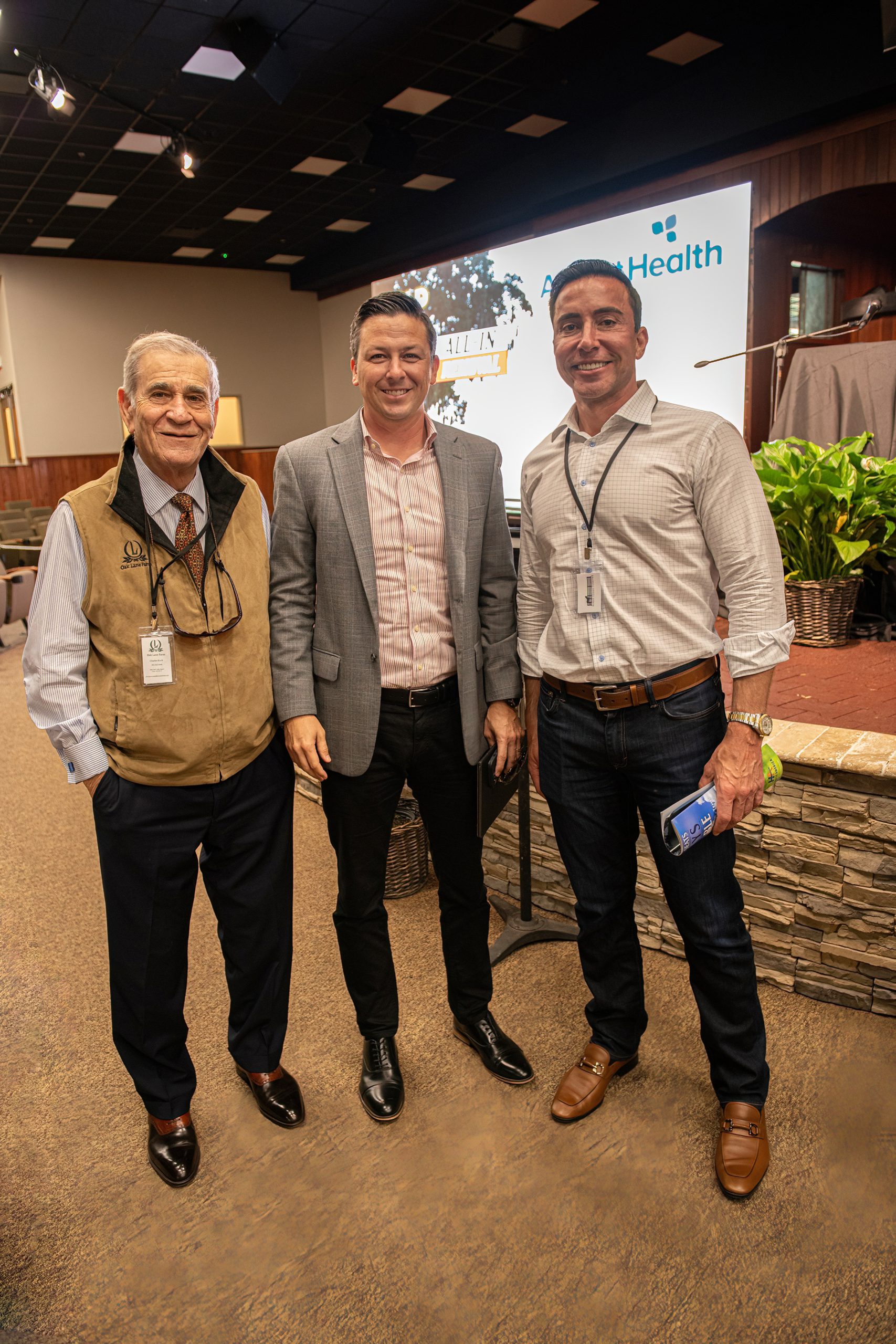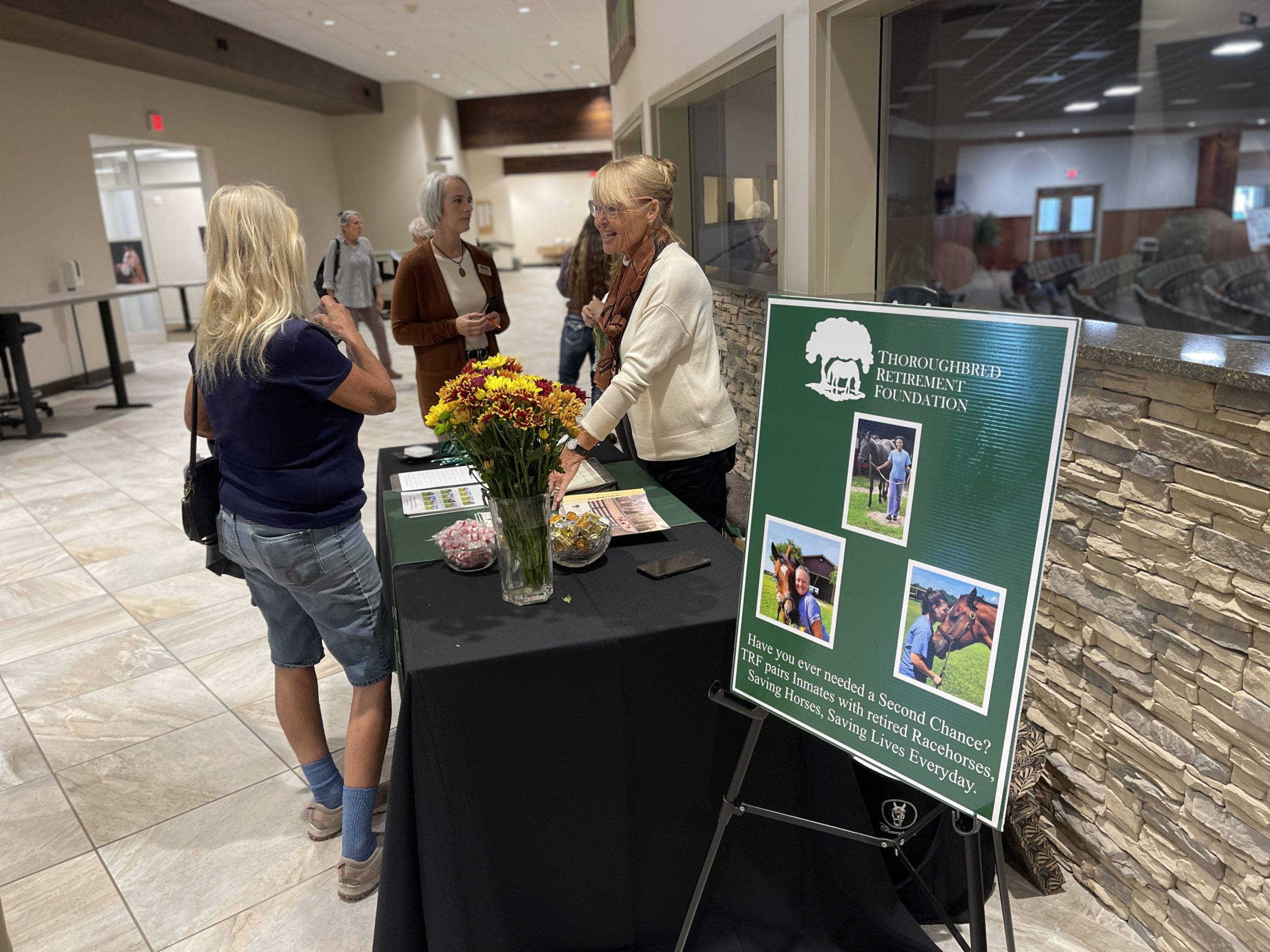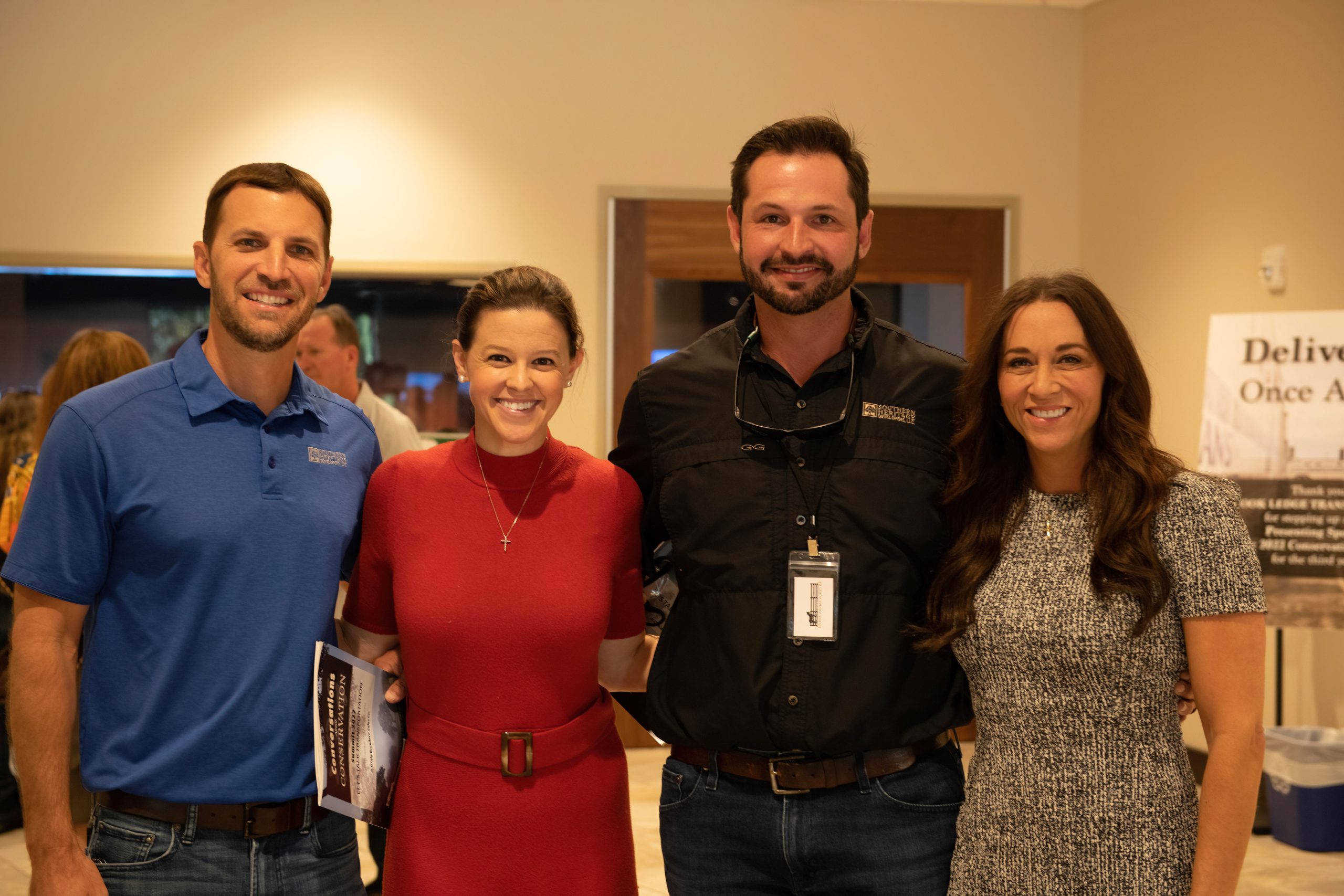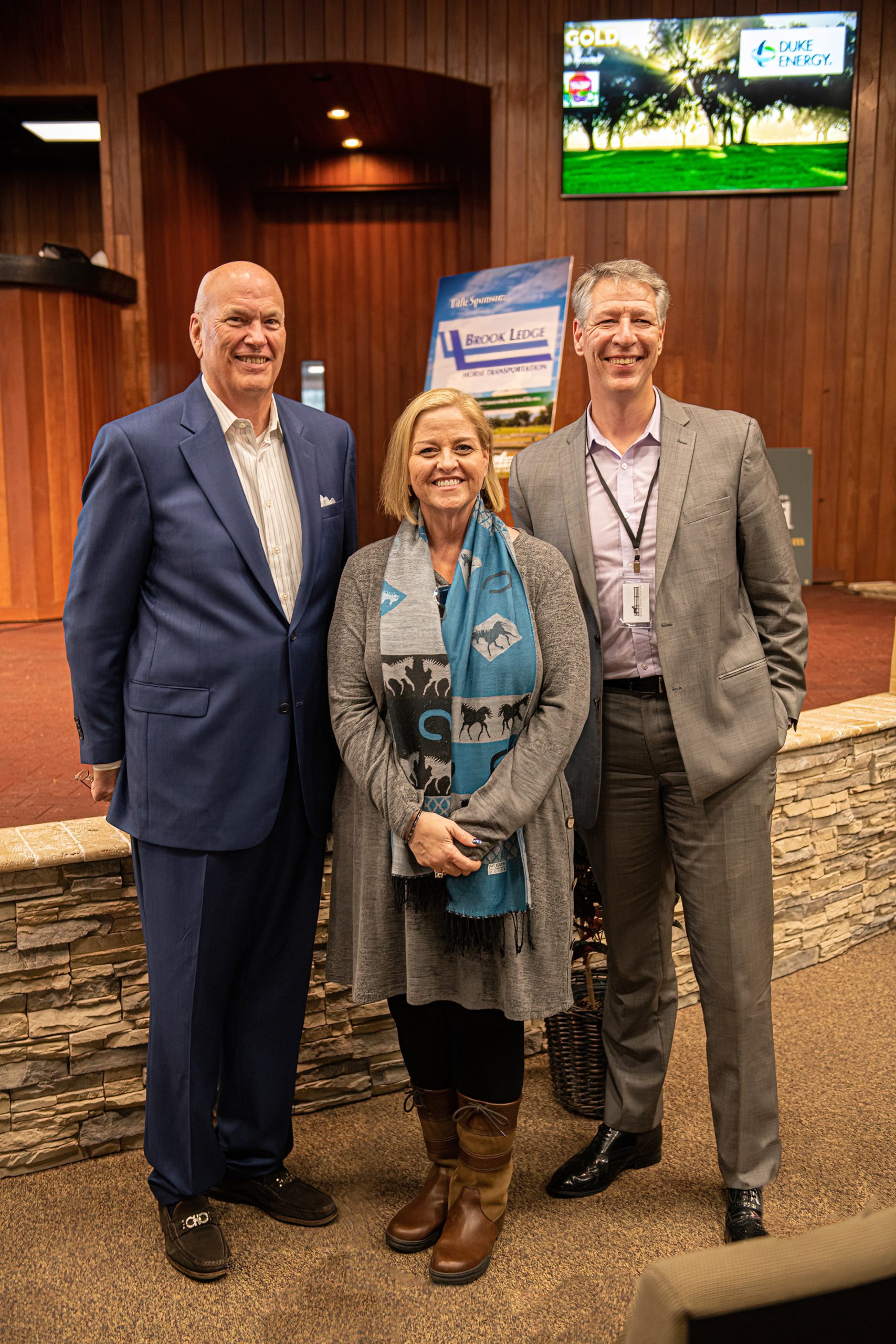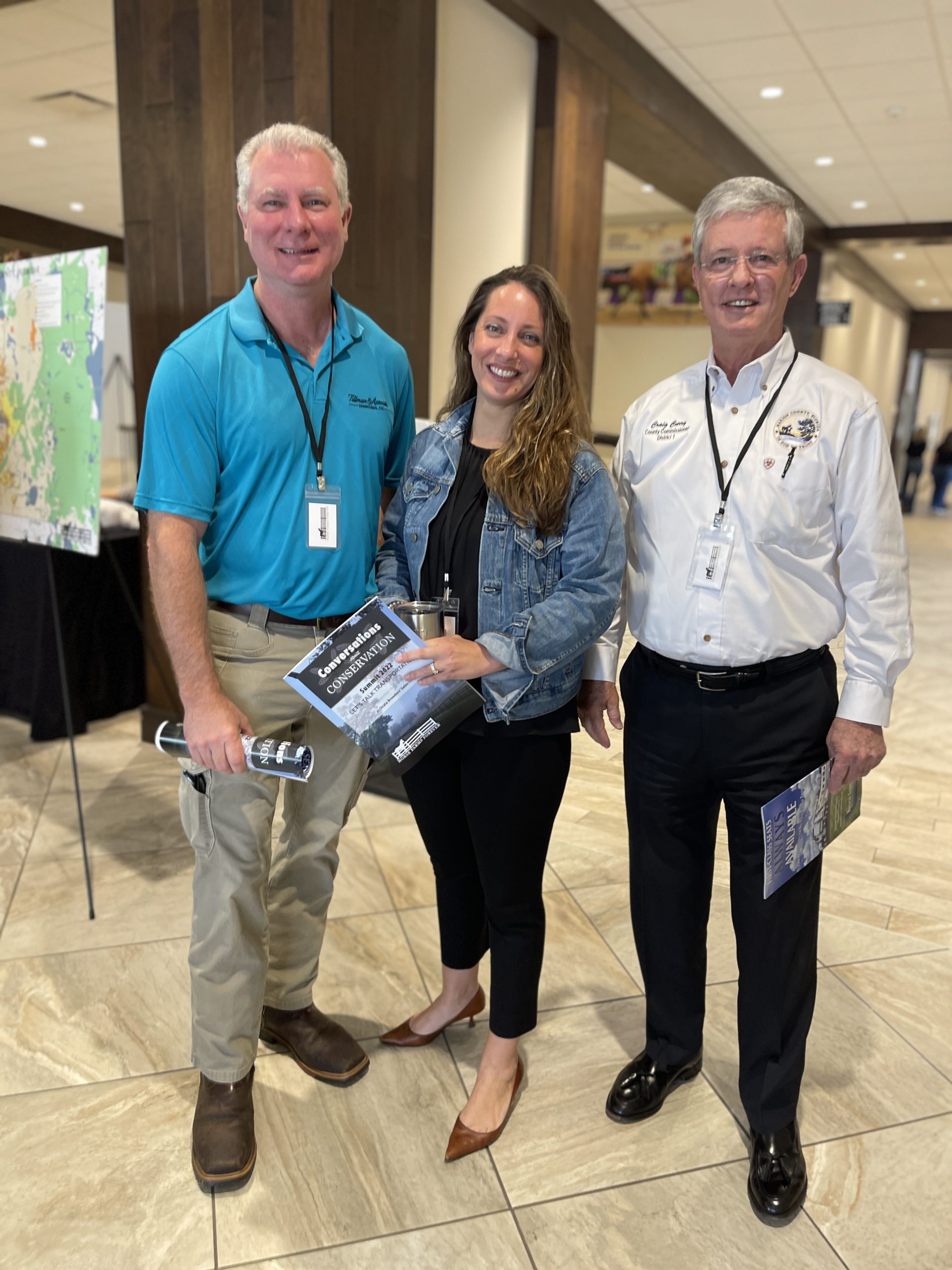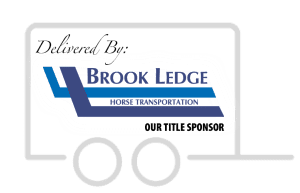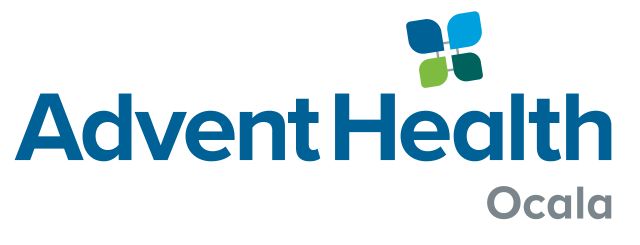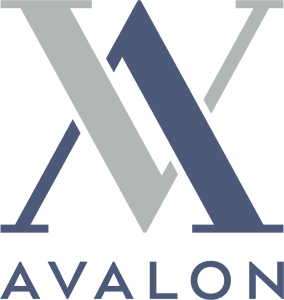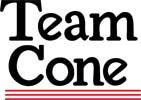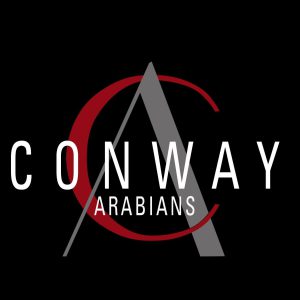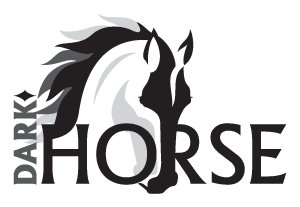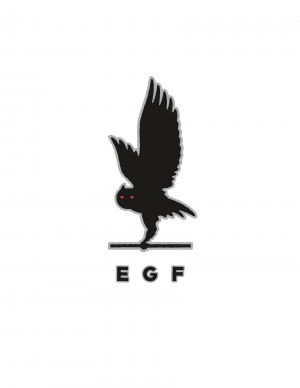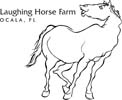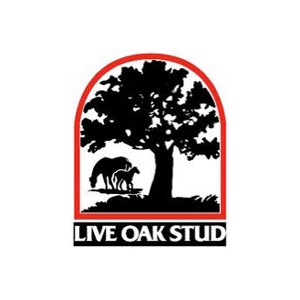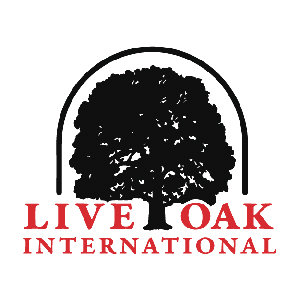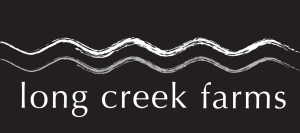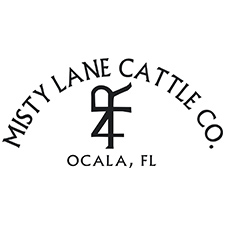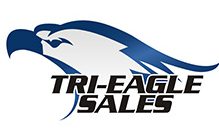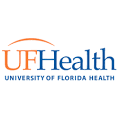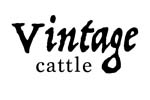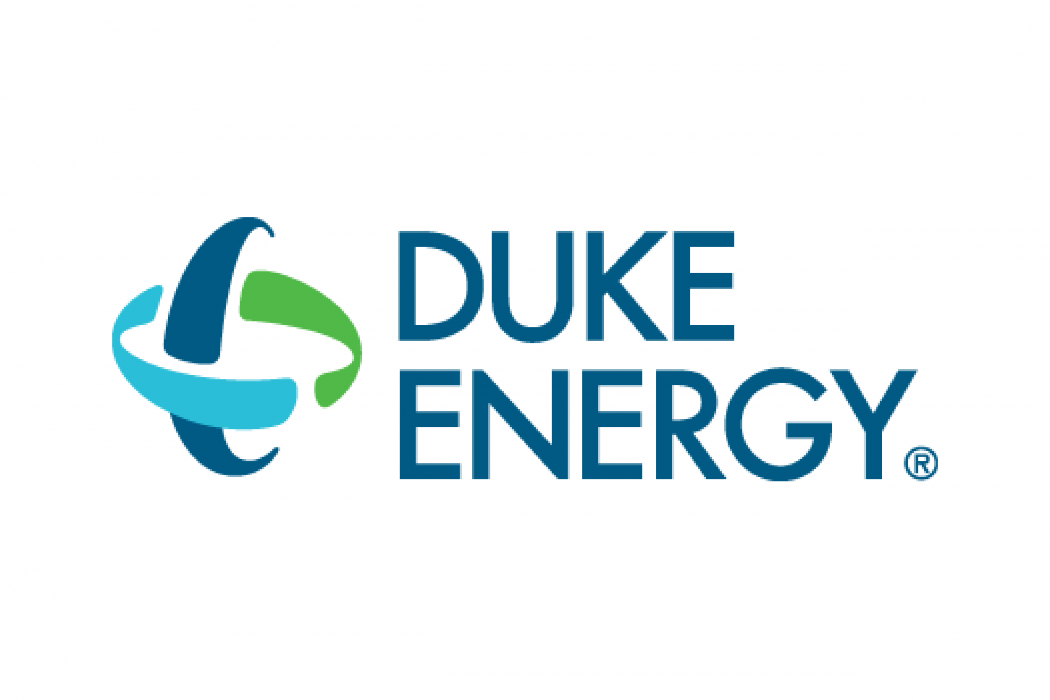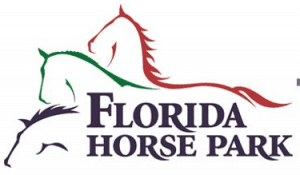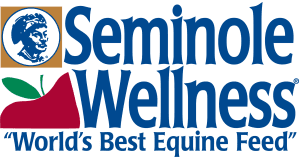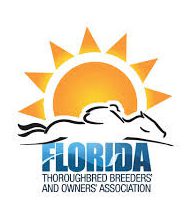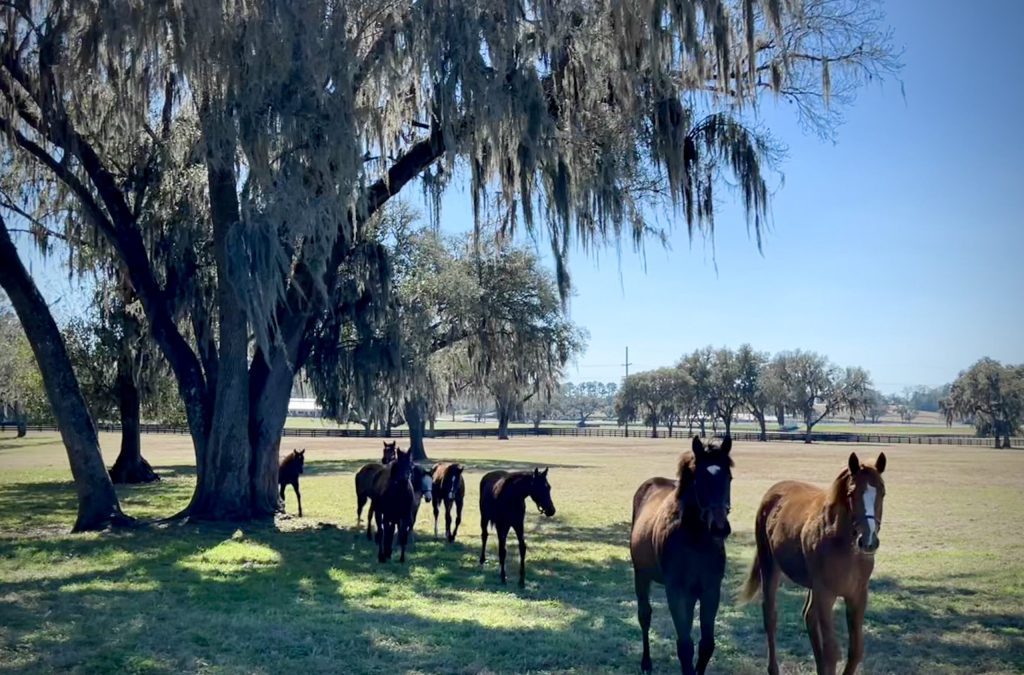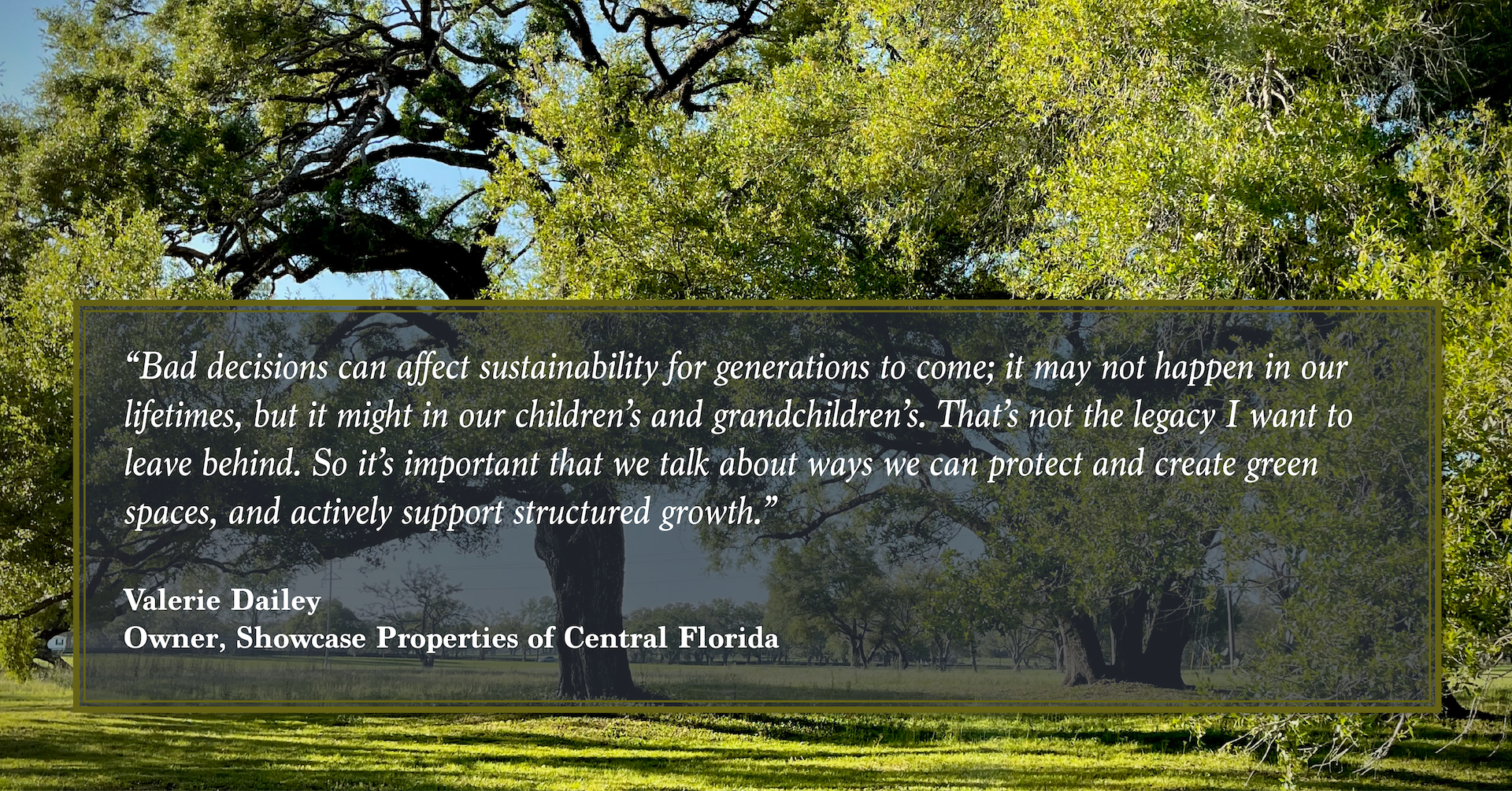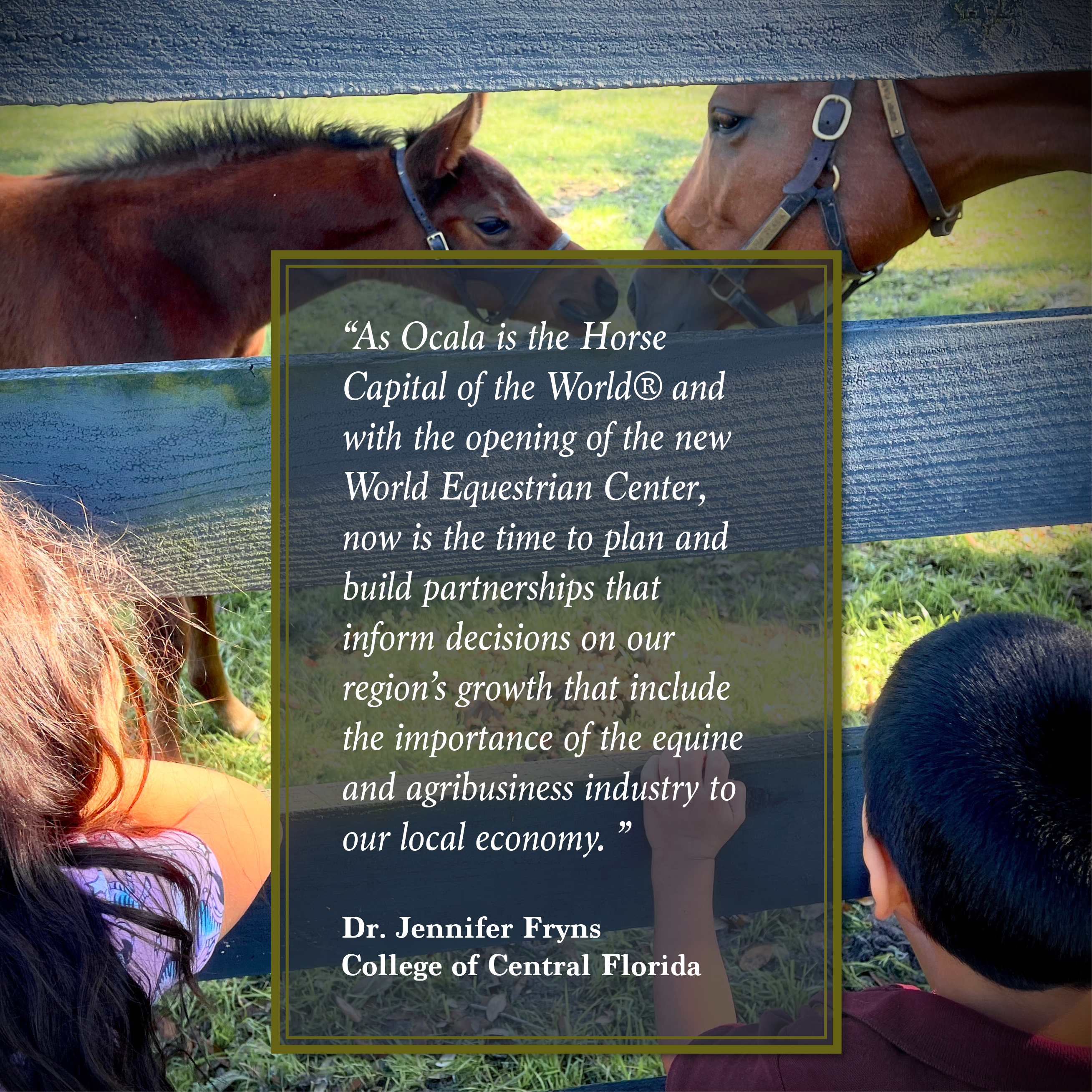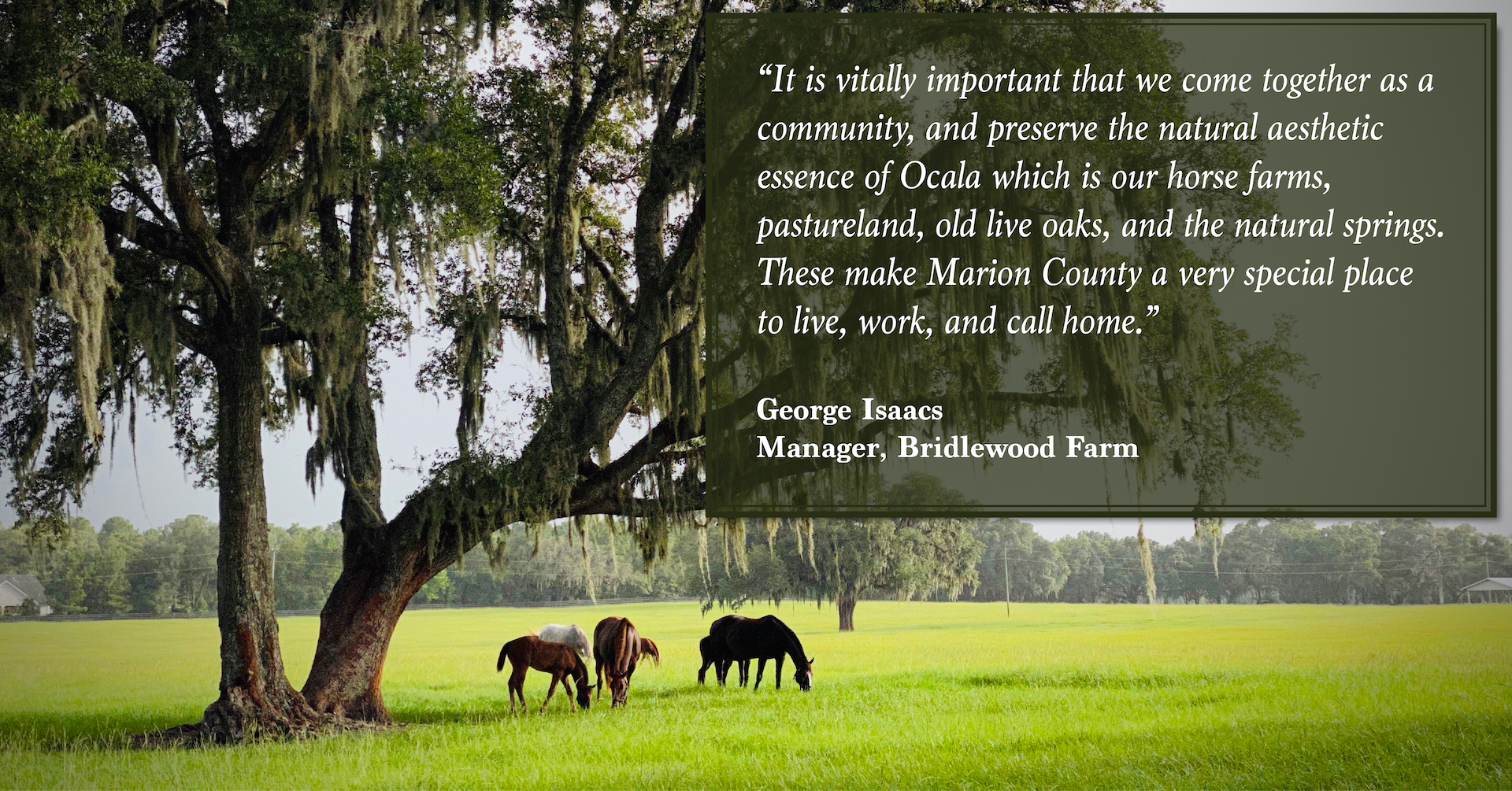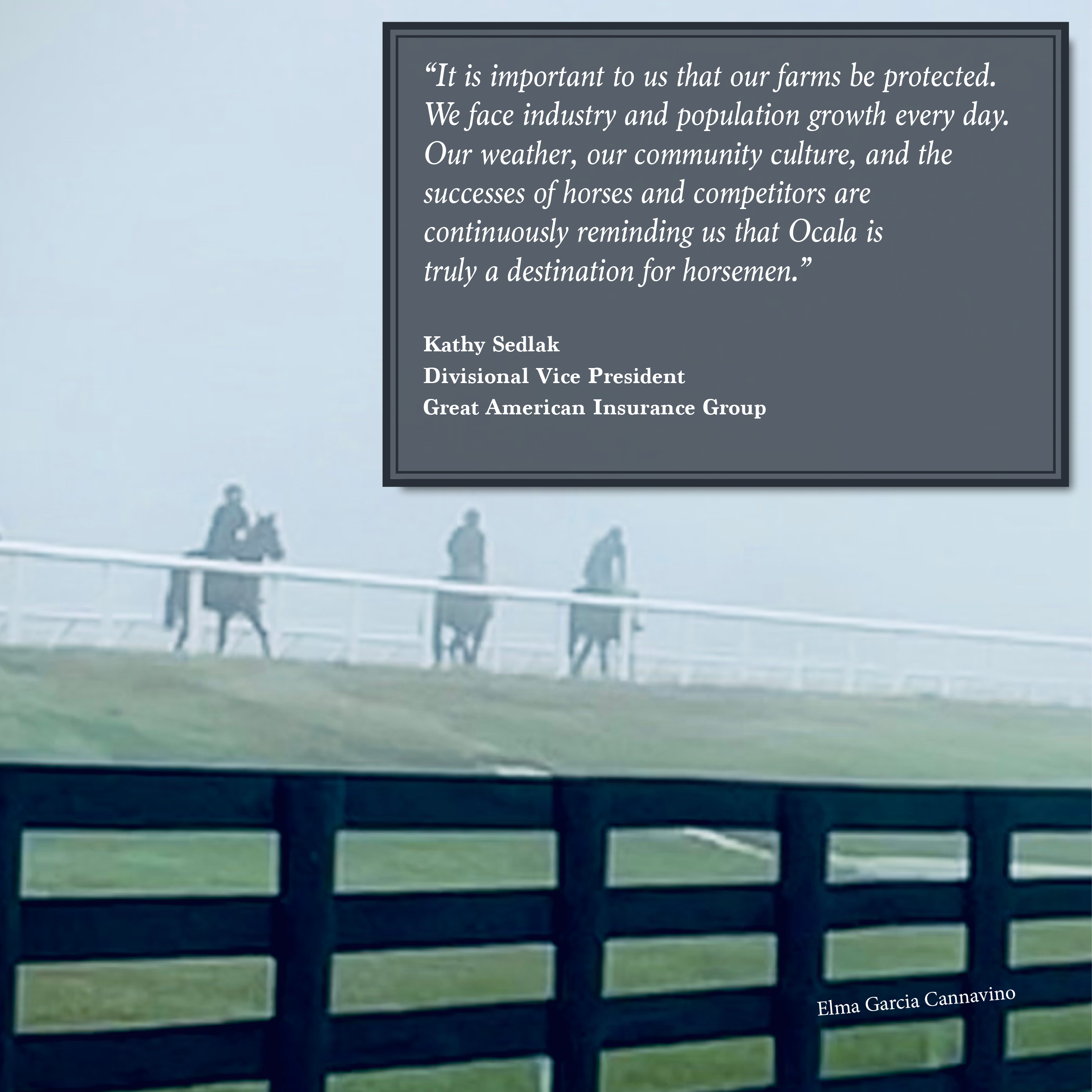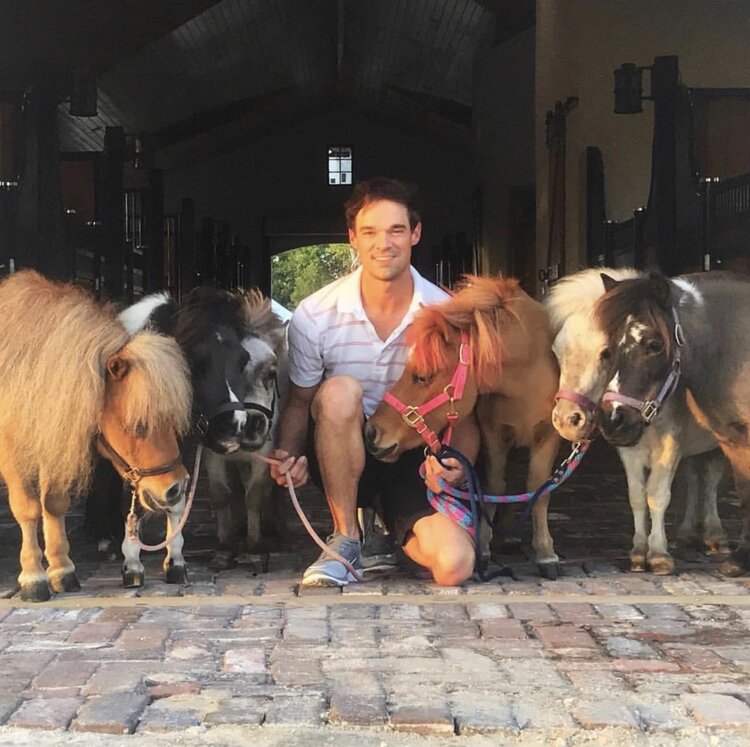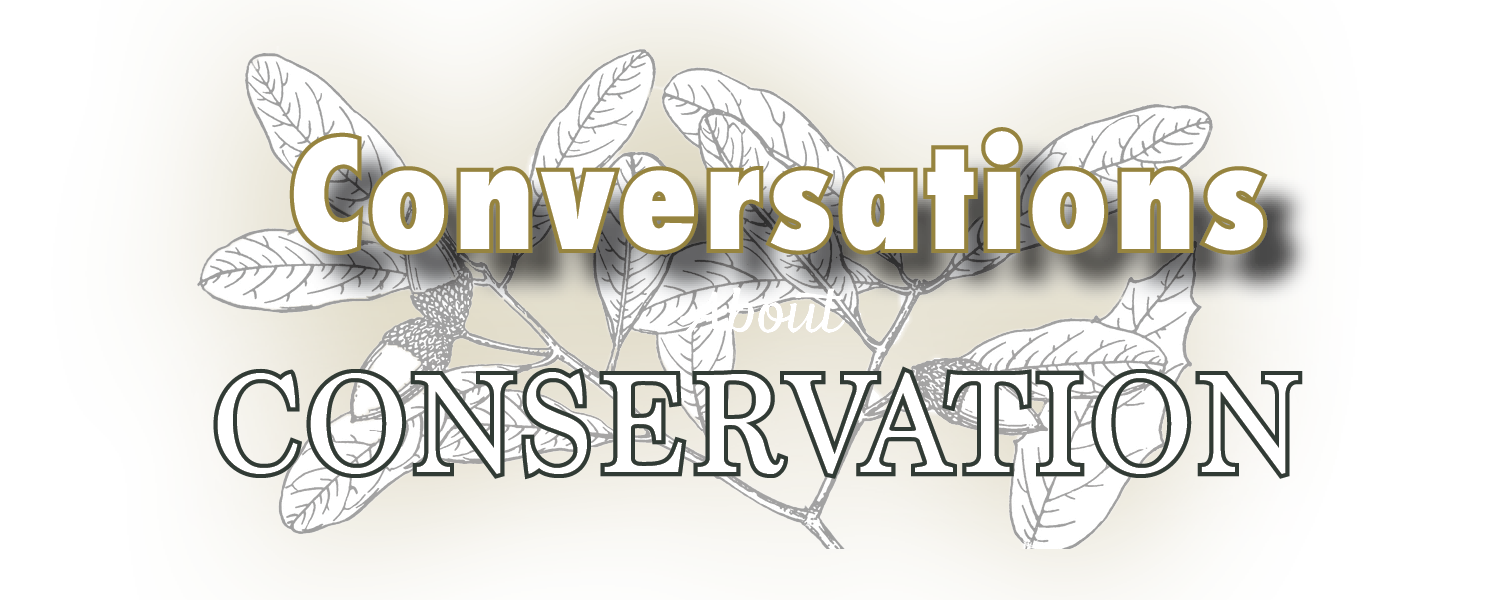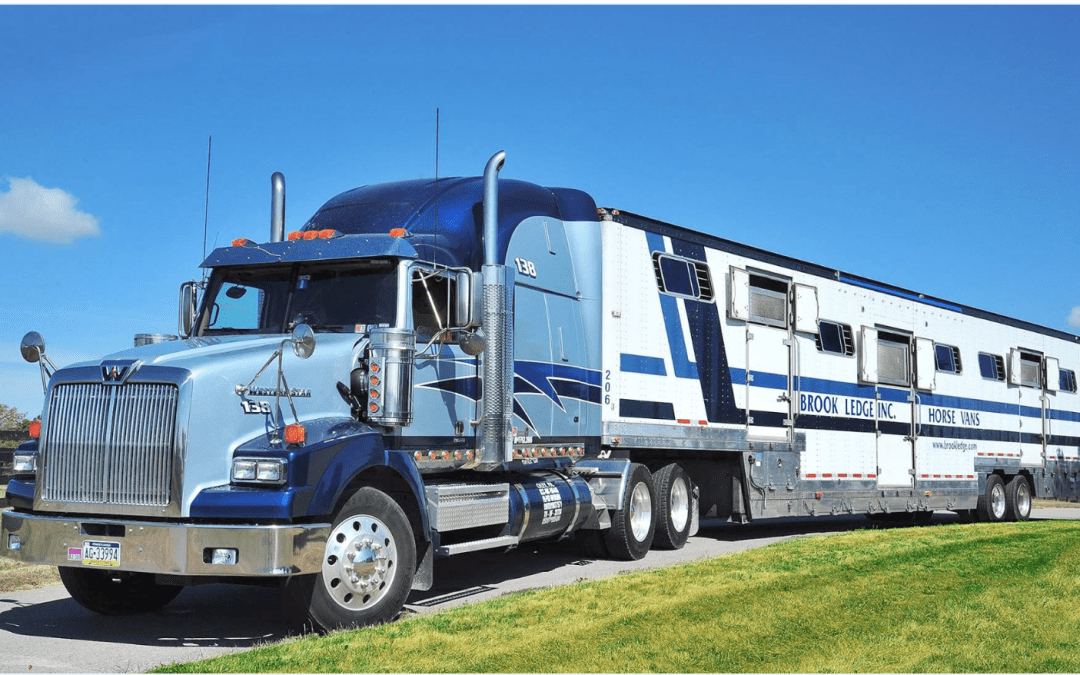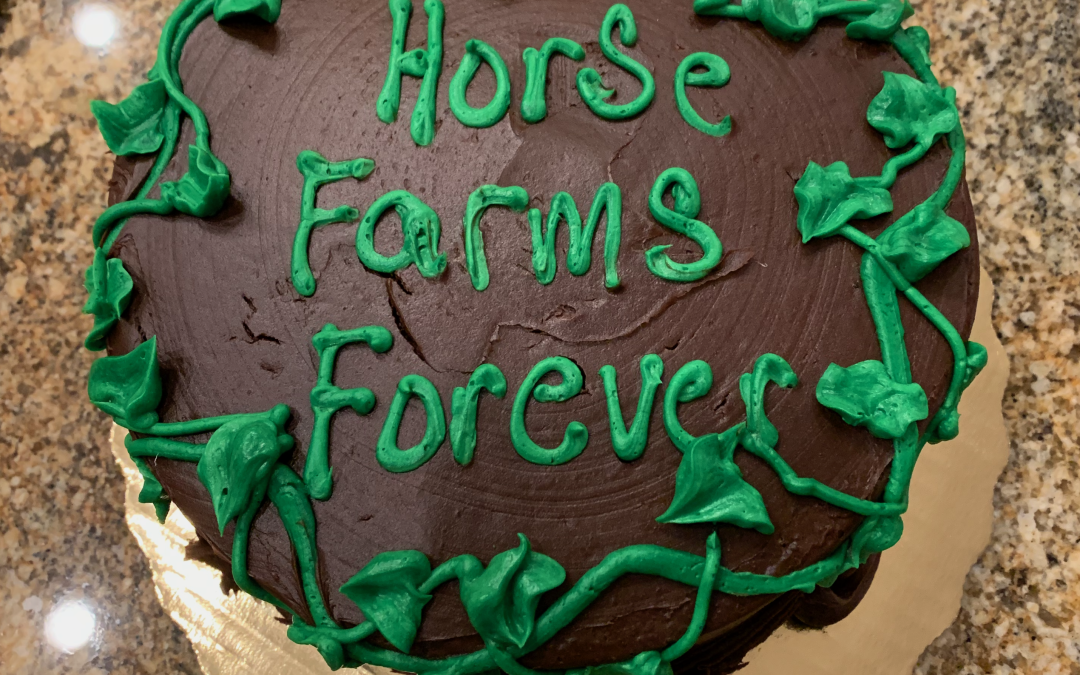
Happy 5th Anniversary!
Five years is a sweet anniversary.
Five Years = Strength and Wisdom
This year, Horse Farms Forever is celebrating our five-year anniversary. The traditional five-year anniversary gift is wood, which symbolizes strength and wisdom. Over the past five years, we have gained strength to defend the Farmland Preservation Area and shared wisdom from local, regional and national experts about how to protect our horse farms, natural resources, and quality of life.
Strength in Numbers
We were founded in 2018 to inspire the conservation of horse farms through education, awareness and idea exchange. Horses and horse farms create the character and culture that define Marion County. Without horse farms, there are no horses. The horse farms and open spaces nurture a thriving equine industry and assure that this sense of place is protected for future generations.
Our strength as an organization is based on a solid level of support from the community. While founded by a small group of horse farm owners, HFF has now grown into a coalition that includes thousands of members and supporters. We have strong support from the business community and many of the largest landowners and developers in the county. They all recognize the importance of a thriving equine industry, which represents over one-fifth of our economy and workforce.
The Big Picture
Marion County covers about 1.1 million acres. The Farmland Preservation Area (FPA) encompasses close to 200,000 acres in the northwest. It was designated as an important area for protection by the County in 2004 because of the presence of rare and nationally significant agricultural soils that are limestone-rich and ideal for raising livestock. The FPA also contains the primary and secondary springs protection zones for Silver Springs and Rainbow Springs, which serve as the lungs for our County’s clean water.
To uphold our global brand as the Horse Capital of the World® in the face of today’s growth pressures, we must protect the land. We are not anti-growth. Rather, we are actively involved in encouraging smart growth that coexists with conservation.
Sharing Wisdom
In five years, we have firmly established a seat at the table and have a good working relationship with our Marion County Commissioners, County staff and other major stakeholders. The HFF staff members are active every day, attending countless hours of hearings, meetings and workshops. We review every zoning, land use and special permit application for potential threats to horse farms, especially in the Farmland Preservation Area.
As Marion County grows, our mission has become even more relevant, as we work to strengthen the boundaries of the Farmland Preservation Area and the policies in the Comprehensive Plan and Land Development Code by working with local, regional and national experts to further preserve and protect horse farms and rural farmland, especially in the Farmland Preservation Area.
Let’s take a brief walk together through the impactful changes that HFF has made:
Coastal Connector Toll Road Stopped
In 2018, we joined other major stakeholders to stop the proposed Coastal Connector Toll Road through the heart of the FPA. In the end, the Florida Department of Transportation designated the FPA as an Avoidance Area for future toll road planning.
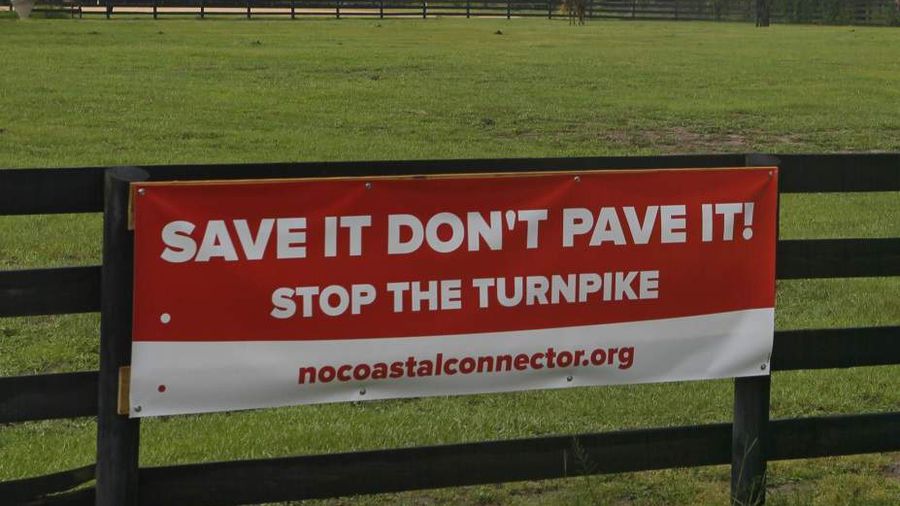
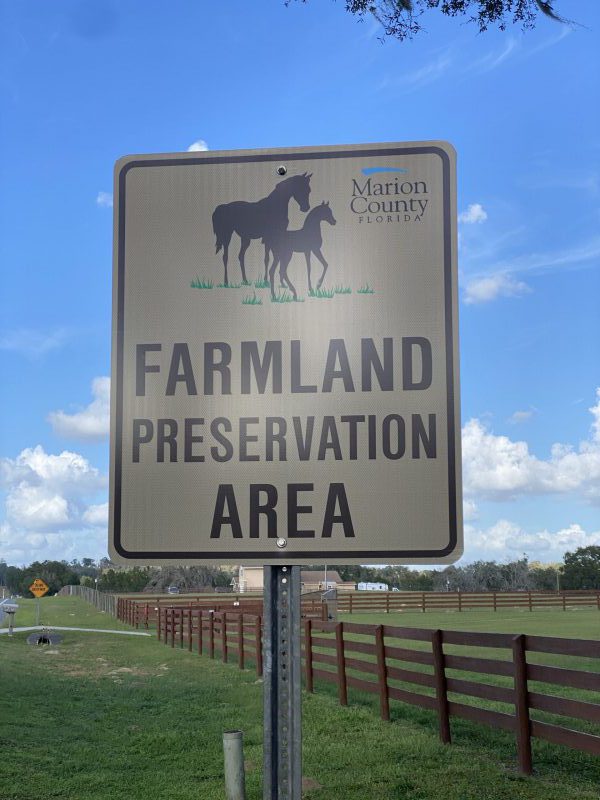
New FPA Signs
HFF partnered with Marion County to help highlight the FPA with the design and installation of new signage that includes the horse. We funded the printing and distribution of dozens of new signs so that the size and beauty of the area could be more clearly recognized and appreciated.
World Equestrian Center agreement
HFF reached an agreement with the WEC leadership to save 275 acres from being removed from the FPA.
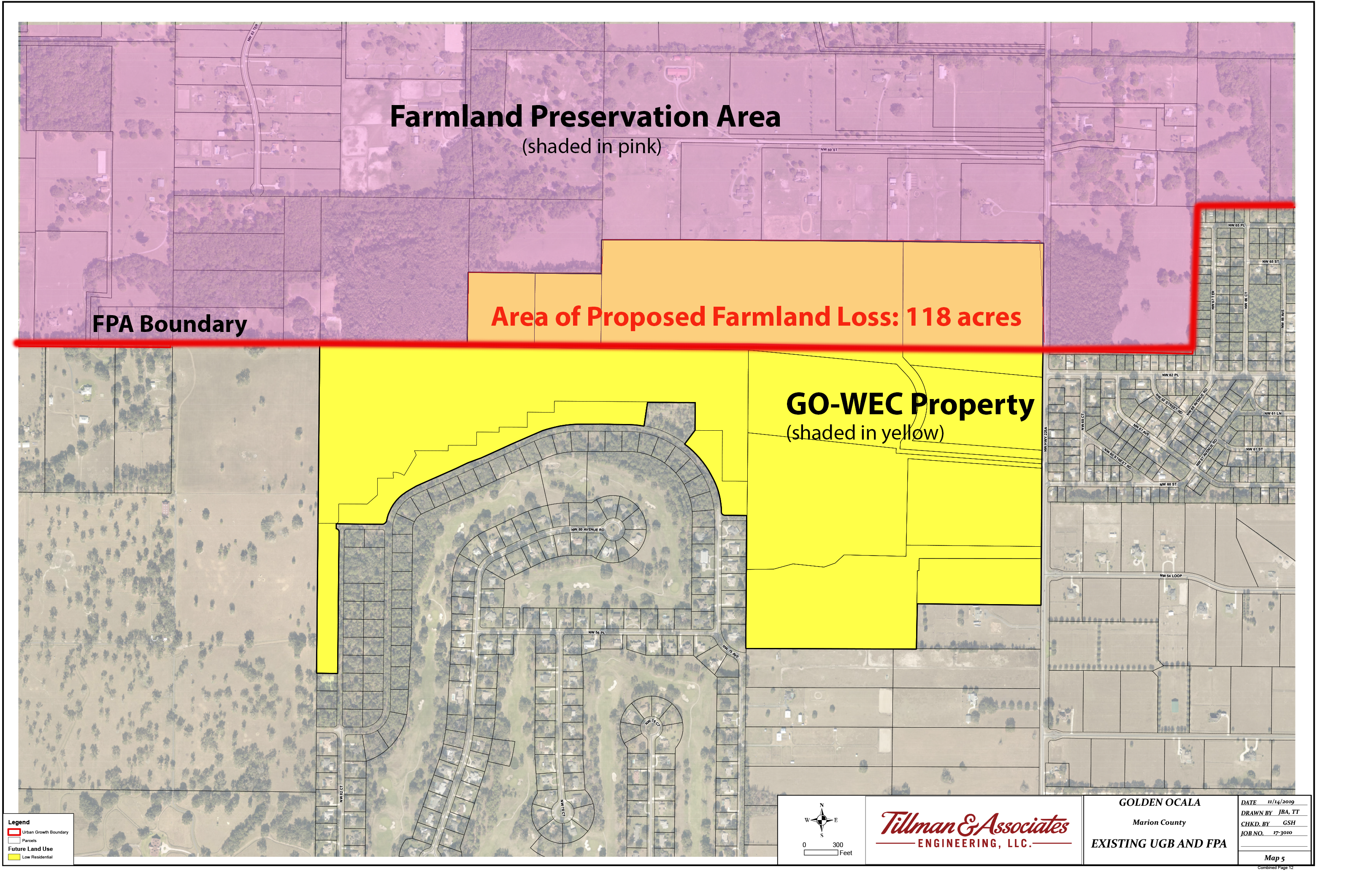

ATV Racetrack Stopped
HFF lead the charge to stop the development of an ATV park and ¼-mile drag strip in the heart of the FPA and a large area of horse farms.
Quality of Life Survey
HFF served as the catalyst for the Quality-of-Life Survey to gauge the community wide support for preserving horse farms and the FPA. Over 90% of the community designated farmland preservation as the #1 issue facing the county.
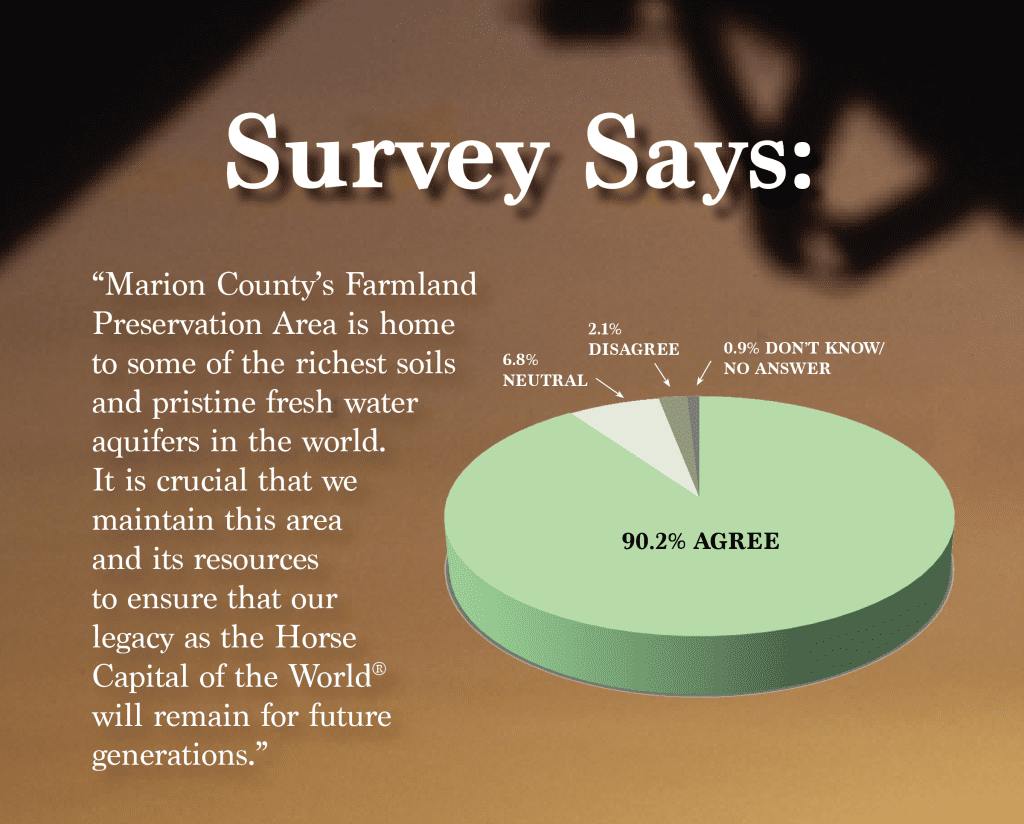
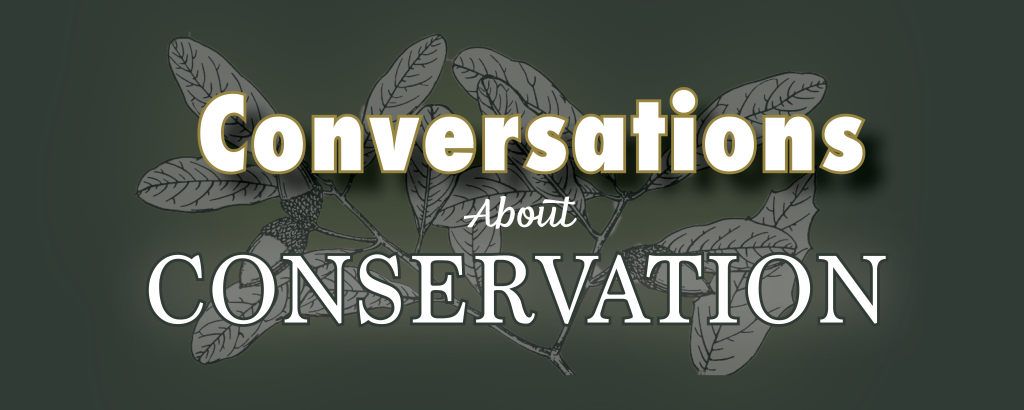
conservation summit
HFF hosts two annual events focused on protecting horse farms and the FPA, a Speaker Series in the spring and a Conservation Summit in the fall.
HFF Amendment
HFF successfully amended the Marion County Comprehensive Plan to add further protections to the FPA by more tightly defining rural character and compatible land uses.
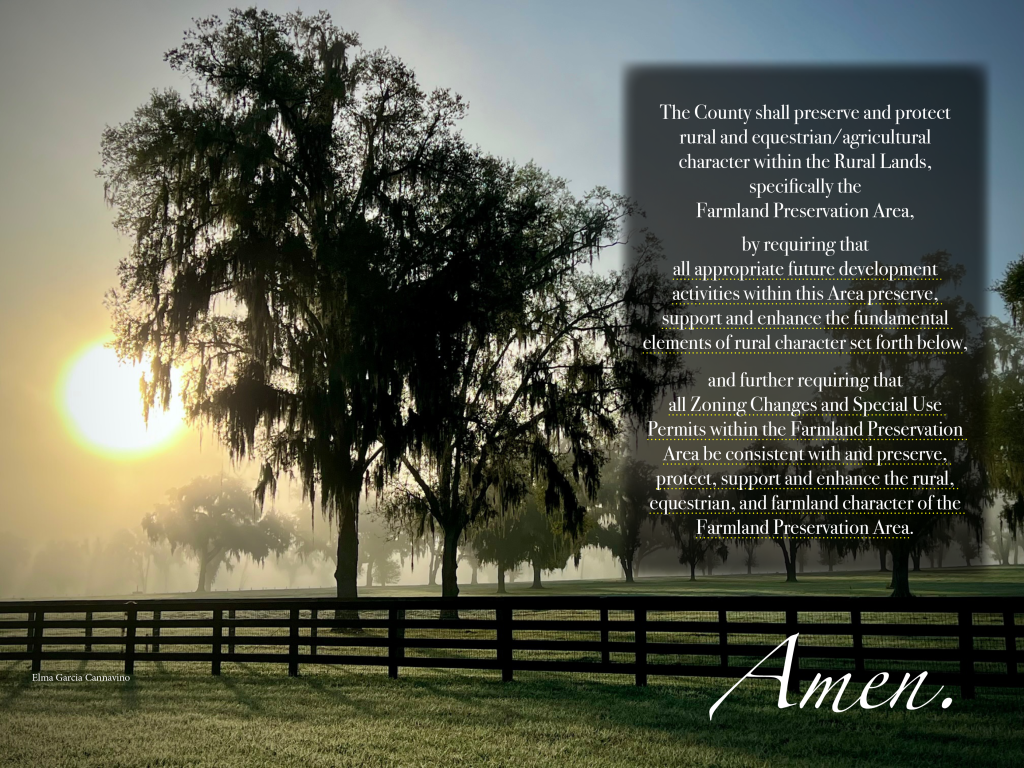

Land Development Amendment
HFF has applied to amend the Marion County Land Development Code to add further protections from subdivision of rural parcels in the FPA.
Conservation Easements
HFF is working with the county leadership and other stakeholders to refine the Transfer of Development Rights Program to make it more effective and functional, adding further protections to the FPA with conservation easements.
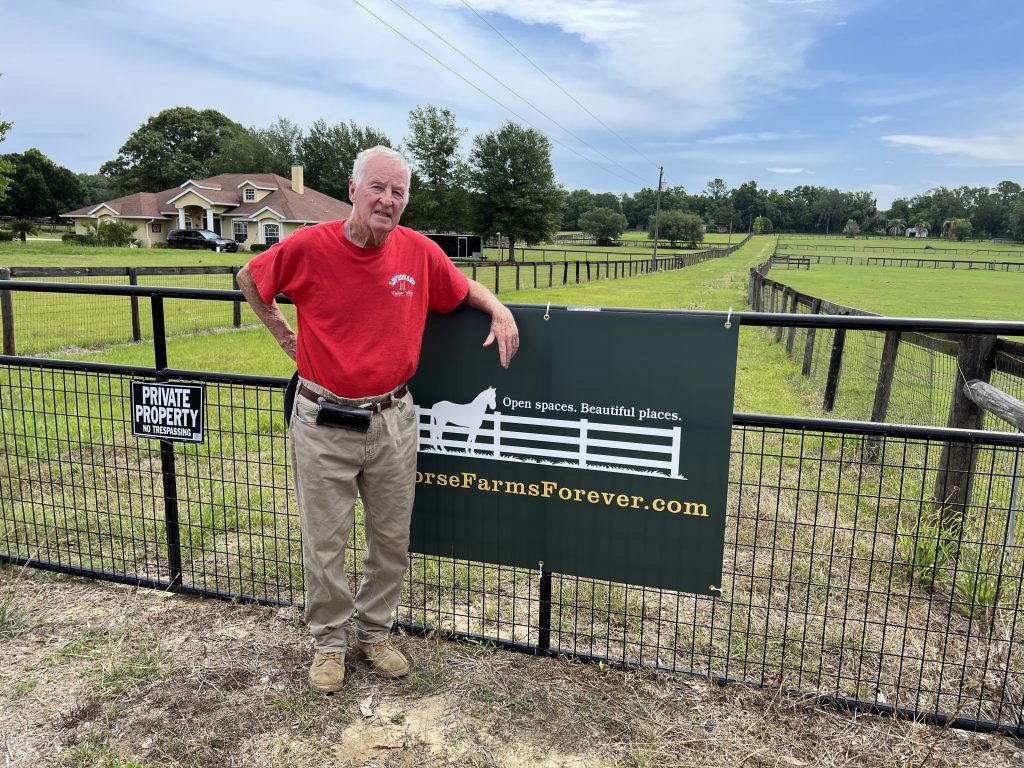
Join the herd and help us as we continue to advance the Conversations about Conservation in Marion County.
May the next five years see even more progress!
Contact the County about the EAR:
For any additional questions regarding the EAR process, please email Planning@MarionFL.org with your subject line including 'EAR' or call us at 352-438-2675 & ask for a planner.
The workshops will be livestreamed. Check the County’s agenda webpage for the link: https://marionfl.legistar.com/Calendar.aspx

